Previous Speakers
June 8, 2025, via Zoom and Legacy
Dr. Thomas Jefferson
CRUISING THE COAST OF BAJA CALIFORNIA IN SEARCH OF MARINE MAMMALS: A TRAVELOGUE
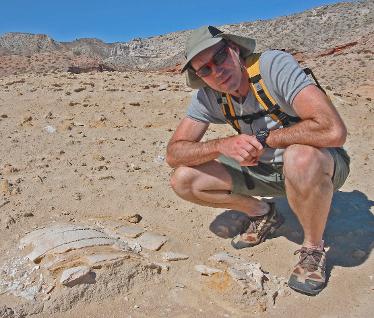
Thomas Jefferson has been studying marine mammals for 40 years, since 1983, and has a Ph.D. degree from Texas A&M University. With co-authors, Marc Webber and Robert Pitman, I published a marine mammal identification guide in 2008: Marine Mammals of the World: A Comprehensive Guide to Their Identification (Academic Press). The second edition was published in 2015. Tom has worked on a variety of marine mammals, both in southern California and elsewhere, and often works as a naturalist on marine mammal trips in the eastern North Pacific.
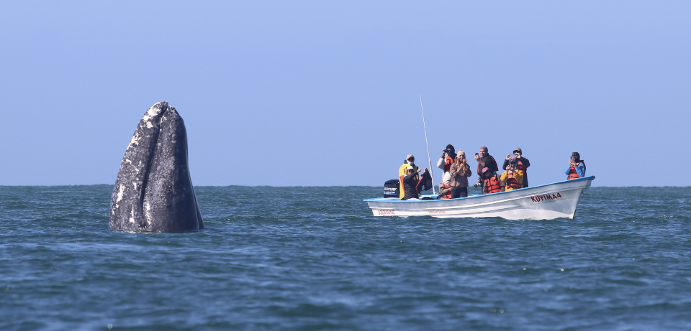
May 14, 2025, via Zoom
Jason Gonsalves
Port Operations & Underwater Noise: Designing an Underwater Noise Management & Monitoring Program for San Diego Bay
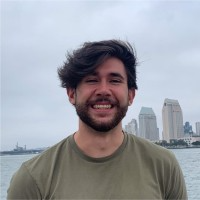
About the Speaker
Jason Gonsalves is 2024 California Sea Grant Fellow with the Port of San Diego. He received his bachelor’s degree in physics from the University of Redlands in 2019 and his master’s degree in marine science from Moss Landing Marine Laboratories in 2024 where he investigated the impacts of El Niño Southern Oscillation (ENSO) on remote coral wilderness in the south Pacific ocean. Jason has spent his fellowship with the Port of San Diego designing a framework to address the impacts of underwater noise in San Diego Bay. This has included assessing the local impacts of marine construction and vessel traffic on sensitive species in the bay, establishing long-term planning efforts for measuring underwater noise in the bay, and engaging local stakeholders to find ways to reduce underwater noise while maintaining recreational and commercial usage of the bay and surrounding waters.
April 9, 2025, on Legacy and Zoom
Guest Speakers
Drs. Barbara Taylor and Jay Barlow
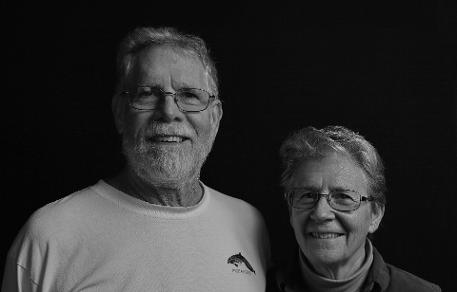
About the Event
Dr. Barbara Taylor - “Changing Human Behavior: Cases from Around the Globe Reveal the Need to Expand Conservation Expertise”
Dr. Jay Barlow - “Listening to beaked whales: What can they tell us about their behavior, distribution and abundance?”
About the Speakers
Dr. Barbara Taylor has been researching marine mammals for over 40 years. She led the marine mammal genetics group at the Southwest Fisheries Science Center in La Jolla, California for 15 years and now is retired from federal service but remains an independent scientist. She specializes in working to assess risk of extinction. She was chief scientist together with Dr. Lorenzo Rojas-Bracho on all vaquita surveys, Mexico’s critically endangered endemic porpoise. She chaired the Conservation Committee of the Society for Marine Mammalogy, and serves as the Listing Authority for the Cetacean Specialist Group of the International Union for the Conservation of Nature (IUCN). She co-chaired a workshop on Ex-Situ Options for Cetacean Conservation in 2018 and chaired a 2019 workshop to develop a One Plan Approach for Yangtze finless porpoise. She was awarded the Society for Conservation Biology’s LaRoe award for her outstanding career achievements in translating conservation science into real-world conservation efforts, the American Cetacean Societies lifetime achievement award and was awarded honorary membership in the Society for Marine Mammalogy.
Dr. Jay Barlow is currently a marine mammal researcher at the Marine Mammal Research Institute at Oregon State University. He retired after 42 years at NOAA’s Southwest Fisheries Science Center in La Jolla, California. He received a B.S. in Biology from Arizona State University in 1976 and a PhD in Biological Oceanography from UCSD’s Scripps Institution of Oceanography in 1982. His studies of human impacts on marine mammals have included research along the U.S. west coast and in Hawaii, Mexico, Colombia, Central America, Antarctica and China. He has authored or co-authored 120 professional papers and 75 technical reports. He is a member of IUCN’s Cetacean Specialist Group and Mexico’s vaquita recovery team. Dr. Barlow received the U.S. Department of Commerce’s Gold and Silver Medals for his work and is a recent finalist for a Samuel J. Heyman Service to America Medal. His research interests include abundance estimation and trend monitoring using visual and acoustic methods, stock assessment, population modeling, cetacean acoustic behavior and habitat modeling. His current work focuses on the use of passive acoustic methods to study the distribution and estimate abundance the abundance of beaked whales.
March 12, 2025,
onboard the Legacy and via Zoom
Speaker Series Program
Dr. Hendrik Nollens
About the Event
“Developing remotely collected health indicators for the endangered southern resident killer whales”
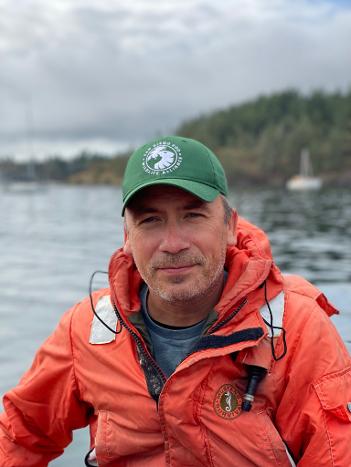
About the Speaker
Dr Hendrik Nollens is the Vice President of Wildlife Health of the San Diego Zoo Wildlife Alliance. In this role, he leads the nutrition and veterinary clinical, research and diagnostic teams of the San Diego Zoo Wildlife Alliance.
Dr Nollens received his veterinary degree from the University of Gent in Belgium, a master’s degree in marine biology from the University of Otago, New Zealand, and a PhD in infectious diseases of marine mammals from the University of Florida. Dr Nollens gained much of his clinical experience during his time as a clinical veterinarian at SeaWorld San Diego. He has since served as the Vice President of Conservation Medicine and Science of the Pacific Marine Mammal Center. He is a courtesy Clinical Assistant Professor in marine mammal medicine at the University of Florida. He has authored or co-authored over 60 peer-reviewed scientific papers on various topics of marine mammal virology, immunology, physiology and medicine. He is a member of the Society for Marine Mammalogy, the American Veterinary Medical Association, the American Association of Zoo Veterinarians, and the Wildlife Disease Association. He is the former President of the International Association for Aquatic Animal Medicine and the former vice chair of the NOAA Working Group for Marine Mammal Unusual Mortality Events.
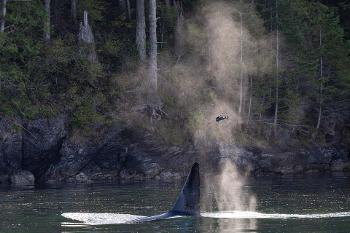
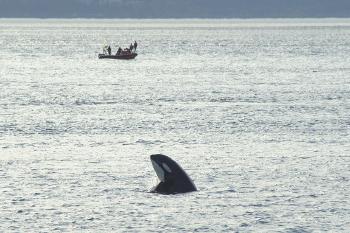
February 12, 2025
via Zoom
Guest Speaker
Sabena Siddiqui
"A snapshot of the International Whaling Commission in the modern era"
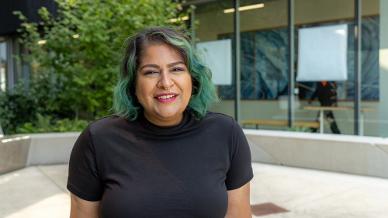
About the Speaker
Sabena’s experience in both nonprofit leadership and research reflects her passion for cetacean conservation. She has over a decade of experience as a board member of the ACS and representative of the organization at the International Whaling Commission (IWC). At IWC meetings she collaborates with a coalition of international NGOs dedicated to cetacean welfare and conservation. She is also pursuing her PhD at Oregon State University with a focus on same-sex behavior in whales and dolphins. Previously she earned her master’s degree at the University of Hawaii studying humpback whale communication. Her contributions to various marine mammal research projects have taken her to Egypt, The Bahamas, Hawaii, Florida and the North Atlantic.
About the Event
Whaling is often viewed in two major segments. The period before the 1986 global moratorium on whaling and after. Large-scale whale hunts have largely decreased around the world. This change has led to our modern age being one that is ‘post-whaling’. Do we truly live in a post-whaling era? Some large whale populations are making recoveries now that the hunts have greatly reduced, yet whales still aren’t safe from a wide array of threats ranging from plastic pollution to ship strikes. The 69th meeting of the International Whaling Commission held in Lima, Peru will be used as a roadmap laying out the sociopolitical factors that drive this organization. Importantly, these insights will indicate what lies ahead for the whales of the world.
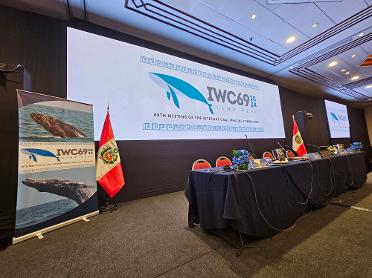
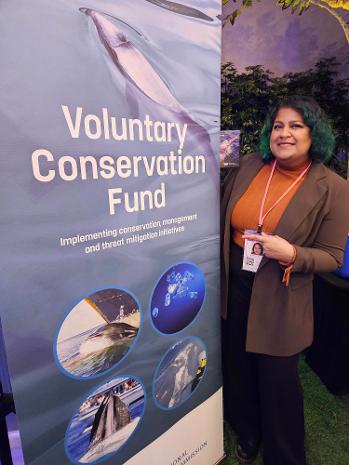
January 8, 2025
via Zoom and onboard Legacy
Anna Gierhart
Whistles, Waves, and Regulations: Navigating Swim Tours and Uncovering Dusky Dolphin Communication in Kaikōura, NZ

About the Speaker
Anna Gierhart is a passionate cetologist with a Master’s in Marine Biodiversity and Conservation from Scripps Institution of Oceanography. Her academic journey began at Point Loma Nazarene University, where she earned her Bachelor’s in Biology, laying a solid foundation in marine science and conservation policy. Her career has been guided by an unwavering commitment to marine mammal conservation, especially in understanding how human activity impacts marine ecosystems.
Annual whale-watching trips in Maui captivated Anna’s imagination; listening to humpback whale songs through a hydrophone sparked a lifelong dedication to cetaceans. This passion has since led her to work with organizations such as the US Navy Marine Mammal Program, where she contributed to research and training initiatives for bottlenose dolphins and sea lions. Her experience with NOAA’s Southwest Fisheries expanded her expertise, providing hands-on skills in analyzing marine mammal diets and aiding stranding responses. Today, her research focuses on the conservation and behavior of marine mammals through sustainable tourism and policy frameworks. She is passionate about promoting responsible, sustainable tourism practices that allow people to experience marine animals in their natural habitats.
Anna's current project in Kaikoura, New Zealand, examines the impact of swim tourism on dusky dolphins through boat-based surveys, photo-identification, and data collection to assess dolphin behavior in response to human interaction. She is also in the early stages of analyzing dusky dolphin acoustics under the mentorship of bioacoustician and ACS member Dr. Ann Bowles. Her primary research questions explore when and why dusky dolphins vocalize more or less, with plans to investigate how boat noise and swimmer presence influence their communication. In November, Anna presented her findings at the Perth Society for Marine Mammalogy conference, delivering a speed talk outlining her research insights and future directions.
September 11, 2024
via Zoom and on the Legacy
Dr. Audra Ames
"Narwhal and Beluga Whales"
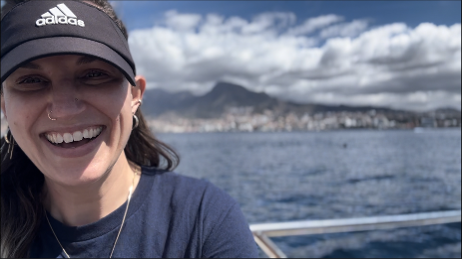
About the Speaker
Dr. Audra Ames is a bio acoustician studying the communication and echolocation systems of toothed whales. She is a postdoctoral research associate with the Animal Behavior and Senses Lab at Hubbs SeaWorld Research Institute (San Diego, CA). Dr. Ames was a graduate student of the Marine Mammal Behavior and Cognition Lab at the University of Southern Mississippi, where she completed her Master's study of signature whistle development of a bottlenose dolphin calf in response to production of signature whistles from the calf's social group surrounding the calf's birth. She was recruited to study beluga vocal development at Oceanografic in Valencia, Spain as her PhD thesis following completion of her Master's thesis in 2016. The beluga vocal repertoire became Dr. Ames' primary focus until the completion of her PhD in 2019, when she pivoted her experience to studying additional species. She remained as a researcher at Oceanográfic (Spain) until December 2023, when she joined the team at Hubbs. Currently, her studies are focused on the communication sounds of belugas, narwhals, bottlenose dolphins, and Risso's dolphins. She is exploring the unique sounds individuals of these species produce to determine how they are produced and processed, if and how they are affected by human-made disturbances, and if they can be used for monitoring purposes.
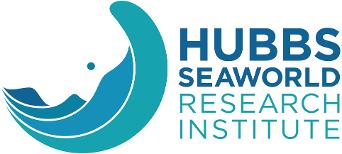
August 17, 2024 from 2pm-6pm
Whale Watching on the Yacht America Fundraiser!


About the Event
FUNDRAISER AND MEMBERSHIP DRIVE
AUGUST 17, 2024 AT 2:00 P.M. ABOARD THE YACHT AMERICA
Please join us on Saturday, August 17, 2024 from 2:00 to 6:00 PM (check in is between 1:15 and 1:30pm) for a relaxing afternoon on the water aboard the spectacular Yacht America as we cruise the coast looking for whales, dolphins and other marine life along the way. We will set sail from the beautiful San Diego Bay with Next Level Sailing.This is a private event with all proceeds going directly to ACS San Diego to raise money for marine mammal research and scholarships.
For ACS members, your $90 ticket is your donation. For non-members your $140 ticket also includes your ACS San Diego membership dues. Book your tickets now on Eventbrite and get ready for a great time aboard the Yacht America.
WHEN: AUGUST 17, 2024 AT 2:00 P.M. aboard the Yacht America
WHERE: Next Level Sailing: 2050 Shelter Island Drive, San Diego, CA 92106
TICKETS/DONATIONS: Please click the link! https://www.eventbrite.com/e/dog-days-of-summer-with-acs-san-diego-aboard-the-america-tickets-948363720417
Please direct any questions regarding the purchase of tickets or making donations to ACS San Diego at acssandiego10@gmail.com.
ACS San Diego would like to express our deep gratitude to thank Next Level Sailing for making this fundraiser possible by donating their boat and amazing crew for this event.
Thank you for your continued support!

August 14th, 2024, via Zoom and Legacy
Dr. Gerald Kooyman

About the Speaker
Gerald L. Kooyman is a professor emeritus and a research physiologist in the Center for marine Biotechnology and Biomedicine (formerly the Physiological Research Lab) at Scripps Institution of Oceanography. He obtained a PhD from University of Arizona and headed off to begin his first of over 50 trips to Antarctica, where early work focused on the diving physiology of Weddell Seals and for the past 3 decades Dr. Kooyman has focused attention on penguins, particularly the Emperors. Jerry was the first to invent and deploy Time/Depth recorders to attach to animals to measure normal biological behaviors, over time overseeing the refinemenet and sophistication of this technology now by researchers across the globe. Author of multiple books and innumerable scientific article, Dr. Kooyman will present his latest publication Journeys with Emperors: tracking the most extreme penguin. This book provides an excellent summary of Emperor biology and is filled with tales of the difficulties working in such an extreme and potentially dangerous environment as the Antarctic.
About the Presentation
Journeys with Emperors: tracking the most extreme penguin

July 10, 2024 at 7:00pm via Zoom
Charlotte McCurdy



About the Speaker
Charlotte McCurdy is an industrial designer who created fashionable, carbon-negative designs from algae. She holds a master’s in industrial design from the Rhode Island School of Design, and a B.A. in Global Affairs with a concentration in economic development from Yale University. Ms. McCurdy’s expertise ranges from economics to climate change to Swarovski crystals. She is currently a Core Lecturer at the Hasso Plattner Institute of Design at Stanford University’s School of Engineering, where she teaches design at the intersection of climate change, futures, and strategy.
Since 2016, Ms. McCurdy has had numerous exhibits around the world including the Metropolitan Museum of Art and the Tribeca Film Festival in New York; the National Maritime Museums of Finland, Sweden, and Denmark; and the Powerhouse Museum in Australia, just to name a few. She was also featured at the London Design Museum and in the Cooper Hewitt Triennial.
Recent collaborators include Hyundai/Genesis, 3.1 Phillip Lim, the UN Office for Partnerships, and Swarovski. Previously she served as Assistant Professor of Industrial Design at Arizona State University and at the Rhode Island School of Design. Currently, she is working on her first book, De-Industrial Design, as part of the “Designing Now series from Lund Humphries. She also has a patent pending for “Carbon-Negative Bioplastic.”
About the Presentation
"Algae and Sustainable Fashion"


June 12, 2024 7:00pm via Zoom
Meghan Medina
About the Speaker
About the Presentation
Southern California Coastal Ocean Observing System: Observations and Modeling to Address US/Mexico Cross-Border Pollution Issues
May 8, 2024 6:30pm via Zoom
Dr. Naomi A. Rose
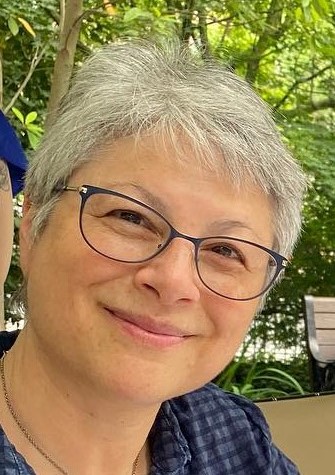
About the Speaker
Naomi Rose is the senior scientist (marine mammal biology) for the Animal Welfare Institute in Washington, DC. She campaigns against cetacean live capture, trade, and captivity and has been a member of the International Whaling Commission Scientific Committee since 2000, where she participates in the subcommittees on environmental concerns, small cetaceans, and whale watching. She has testified before the U.S. Congress four times, at the Canadian Parliament, and at several state legislative and regulatory hearings. Her work was featured in the 2012 non-fiction book Death at SeaWorld: Shamu and the Dark Side of Killer Whales in Captivity, by David Kirby, and she gave a TedX Talk in 2015 on captive orca welfare. She received a Ph.D. in biology from the University of California at Santa Cruz in 1992, where her dissertation examined the social dynamics of free-ranging orcas. She has worked in the marine mammal advocacy field for over 30 years.
About the Presentation
Orcas vs. Yachts
April 10, 2024 7pm via Zoom
Dr. Francine Kershaw
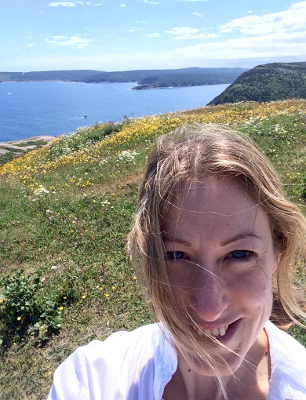
About the Speaker
Dr. Francine Kershaw is a Senior Scientist at the Natural Resources Defense Council, where she uses the best available scientific information to advocate for improved protections for marine mammals related to a variety of issues, including ocean noise, ship strikes, and bycatch. She currently leads NRDC's work to end large whale entanglements and dedicates a large part of her portfolio to advancing responsible offshore wind development. Still a whale population geneticist at heart, Kershaw also advocates for improved uptake of genetic information into conservation policy decisions. Kershaw holds a bachelor's degree in zoology from the University of Leeds, a master's degree in biodiversity, conservation, and management from the University of Oxford, and a PhD in ecology and evolutionary biology from Columbia University. She is currently based in Charleston, South Carolina.
About the Presentation
A New challenge: Protecting Marine Mammals While Advancing Offshore Wind Development
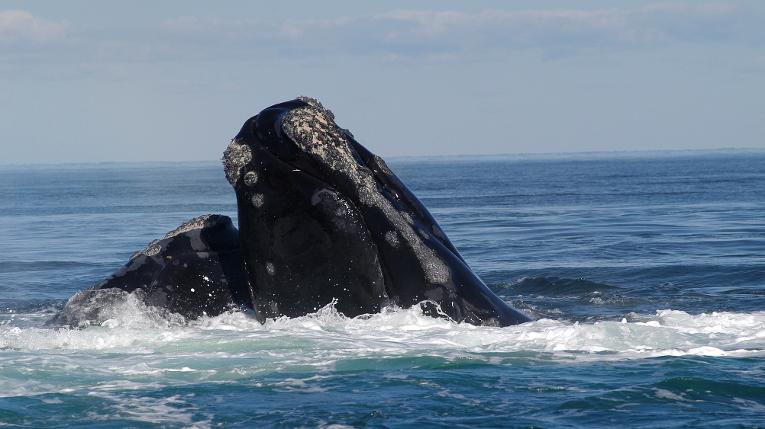
© Allied Whale and Toby Stephenson”
March 13, 2024 7pm via Zoom
Regina Asmutis-Silvia
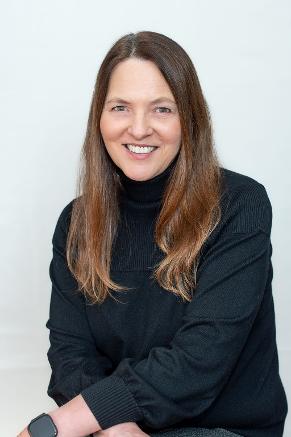
About the Speaker
Regina Asmutis-Silvia is the executive director and senior biologist for Whale and Dolphin Conservation's North American office, located in Plymouth, MA. She has been active in whale research, conservation and education since 1990 with a focus on the recovery of critically endangered North Atlantic right whales. She currently sits on the federally appointed Atlantic Large Whale, Harbor Porpoise, Bottlenose dolphin and Atlantic Pelagic Longline Take Reduction Teams. Her work has focused on the recovery of critically endangered North Atlantic right whales. She is a Senior Scientist at the Natural Resources Defense
About the Presentation
Atlantic Right Whales
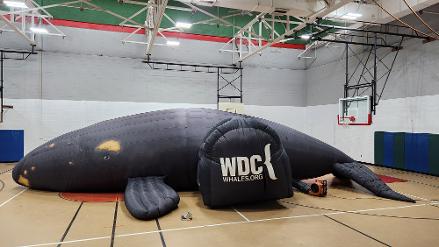
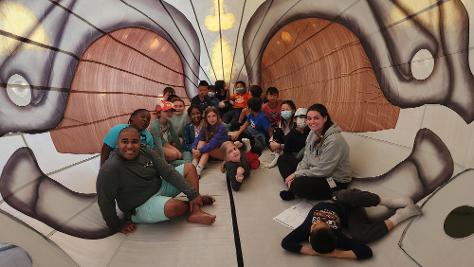
February 21, 2024 7pm via Zoom AND in person on the Legacy
Dr. Thomas Jefferson
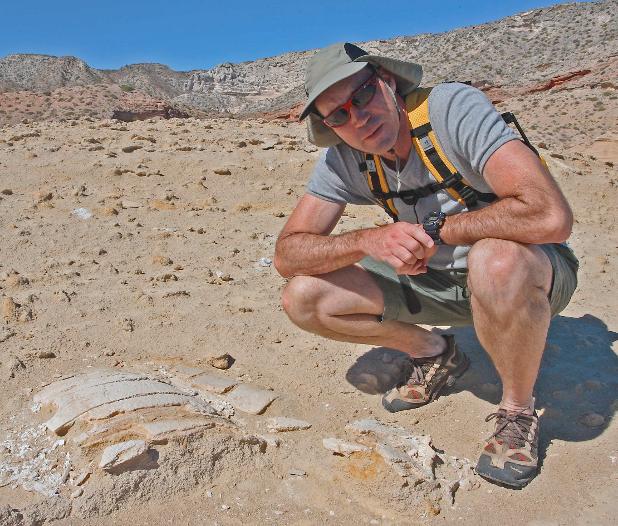
About the Speaker
I have been studying marine mammals for 40 years, since 1983, and have a Ph.D. degree from Texas A&M University. With co-authors, Marc Webber and Robert Pitman, I published a marine mammal identification guide in 2008: Marine Mammals of the World: A Comprehensive Guide to Their Identification (Academic Press). The second edition was published in 2015. I have done work on a variety of marine mammals, both in Southern California and elsewhere. I often work as a naturalist on marine mammals trips in the eastern North Pacific.
About the Presentation
"What Happened to Our 'Blackfish'?: The Disappearnce of Pilot Whales from Southern California"
January 10, 2024 7pm via Zoom AND in person on the Legacy
Ric Matthews
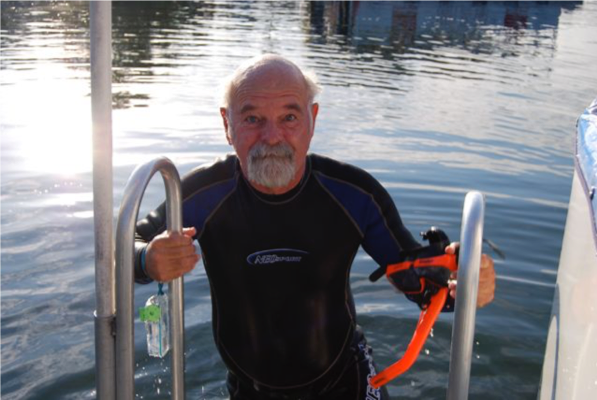
About the Speaker
Ric Matthews graduated from the University of California Davis campus with a Bachelor's Degree in Wildlife and Fisheries Biology, minor in Animal Physiology. He returned home to San Diego and took a job at the University of California San Diego, School of Medicine, Department of Physiology where he worked in the lab of John B. West coordinating research experiments covering respiratory physiology in humans in both diseased and healthy states and in extreme environments (space, high altitude, diving) as well as a wide variety of species - birds and diving mammals. This lead to working on a Masters Degree combining the resources and expertise of the Medical School, SDSU Dr. Roger Carpenter (Bat Physiology) and Dr. Gerry Kooyman (Scripps Institute of Oceanography). Two stranded and sick California Sea Lions were captured (under permit) from under SIO pier and rehabilitate, then trained to complete respiratory function tests both stationary and while swimming after a motorized cart. During this time, Ric was also a SCUBA instructor, enjoyed teaching and began to teach biology part-time at the college level, having the opportunity to teach at SDSU, UCSD Extension, Palomar, and San Diego community colleges while still working at the Medical School. This lead to a career change to full-time community college instruction, obtaining a job with San Diego Miramar College as the very first full-time science faculty. Early in his twenty year tenure at Miramar, he earned a second Masters Degree in Educational Technology with a full ride to a National University.
Ric was at the organizational beginning of the San Diego Chapter of the American Cetacean Society in 1971, served as the local President from 1972-1976, then was elected to be the first National ACS president when local Southern California chapter decided to unite and create a stronger coalition. The San Diego Chapter was the first to arrange local sport fishing vessels to engage off-shore whale watching with Ric often being the naturalist. He has also worked as naturalist on over 10 Baja Lagoon and Island trips for ACS, The Smithsonian, and with private charters. A lifetime student of nature photography, he is always in search of the perfect storytelling shot. Many of his vacation take him close to marine mammals.
About the Presentation
A brief history of ACS-San Diego and Marine Mammals I have encountered. A sharing of photos and stories of Cetacea, Pinnipedia, Mustelidae, Ursidae.
November 8, 2023 7pm via Zoom AND in person on the Legacy
Dr. Jeff Huston
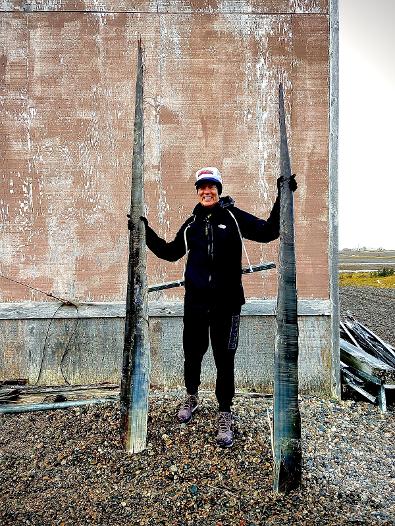
About the Speaker
For over five years, Dr. Jeffrey Huston has volunteered as whale naturalist for the San Diego Museum of Natural History. He is a docent at Crystal Cove State Park and has a ACS-OC Cetacean Naturalist certification. Dr. Huston is a pediatric dental specialist and has a MS in Medical Genetics. He loves to swim in he ocean and play with his grandkids.
About the Presentation
A Glimpse of Siberian Yupik Culture and Aboriginal Subsistence Whaling
(Bowhead Whale baleen)
Please join me as we venture to an extremely remote Alaska island near the Gray Whale summer feeding grounds and Russian border.
My glimpse of the unique Siberian Yupik culture and ancient perspective of Artic marine mammals will be shared. Fossil records indicate the Yupiks living on Sivuqaq (Saint Lawrence Island) in the Bering Sea have survived this harsh environment for at least two thousand years. We will explore the ancestral whale boneyards and briefly discuss special amendments for Native Americans included in the Marine Mammal Protection Act and the International Whaling Commission's regulations for aboriginal subsistence whaling.
October 11, 2023 7pm via Zoom AND in person on the Legacy
Dr. Clarissa Anderson

About the Speaker
Dr. Clarissa Anderson is a biological oceanographer with her expertise in ecological forecasting and remote sensing. Her research focuses on the prediction of harmful algal blooms and toxins in estuarine and coastal ecosystems as well as the fate and transport of harmful toxins to deeper waters and sediments. During her time as research faculty at UC Santa Cruz, she worked to establish the California Harmful Algae Risk Mapping (C-HARM) system with NASA Applied Science support. Clarissa is now at Scripps Institution of Oceanography serving as the Executive Direction of the Southern California Coastal Ocean Observing System (SCCOOS) and continuing to conduct research on phytoplankton ecology in coastal California. She is an elected member of the UNESCO SCOR GlobalHAB Scientific Steering Committee, the UN SCOR Working Group on Observing Air-Sea Interaction Strategy, the Science Advisory Team for the CA Ocean Protection Council (OPC), the U.S. National HAB Committee (NHC), and the Steering Committee for the Harmful Algal Bloom Monitoring and Alert Program (Cal-HABMAP).
About the Presentation
Red Tide
September 13, 2023 7pm in person AND via Zoom
Dr. Ann E. Bowles
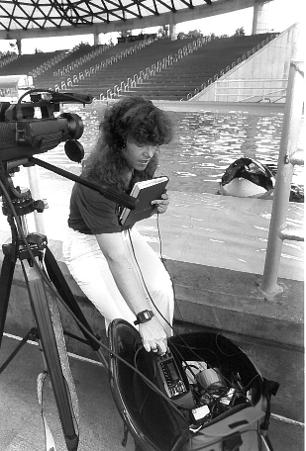
About the Speaker
Dr. Bowles received her Ph.D. in Marine Biology from the Scripps Institution of Oceanography in La Jolla, California. She was trained as a behavioral ecologist and bioacoustician and now leads the Animal Behavior and Senses Program at HSWRI. She has over four decades of experience studying the effects of human made noise on animals in both terrestrial and marine environments. She was a member of the panel that published current science-based criteria for protecting marine mammal hearing from noise and is a participant in ongoing efforts to develop criteria for behavioral responses.
About the Presentation
"A personal perspective on 60 years of HSWRI's "Return to the Sea"
Hubbs-SeaWorld Researcce (HSWRI) is an independent 501(c)(3) not-for-profit research organization dedicated to research-based solutions to the challenges face by wildlife, focusing on the marine environment. Its "return to the sea" mission will be the basis of a personal perspective on HSWRI's 60 years in operation. Dr. Bowles will describe the Institute's 'firsts' and most important discoveries and reflect on the challenges of the future. HSWRI was founded near the beginning of the modern conservation movement by SeaWorld founder Milt Shedd and re-dedicated as a research institute in 1977 with the inspiration of two early proponents of science-based conservation, SIO's Carl and Laura Hubbs. Today, the organization is known internationally, operating three facilities, on Mission Bay, Agua Hedionda Lagoon in Carlsbad, and the Indian River Lagoon in Florida.
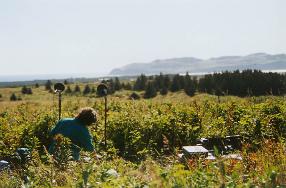

July 17, 2023 7pm in person AND via Zoom
Jessica Crance
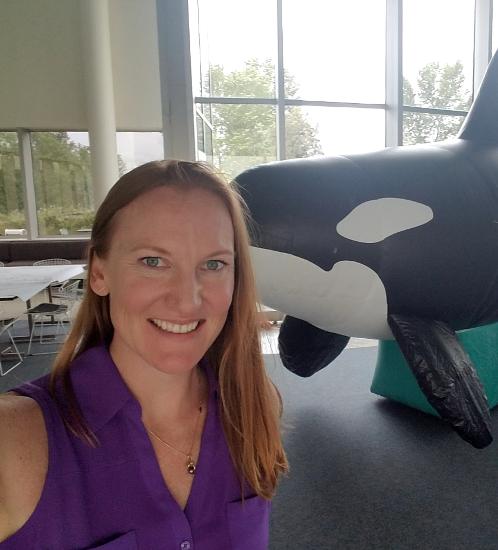
About the Speaker
Jessica Crance is a marine mammal bioacoustician with the Cetacean Assessment and Ecology Program at the Alaska Fisheries Science Center's Marine Mammal Laboratory. She received her Masters Degree from the University of San Diego in 2008 where her thesis focused on killer whale vocal development. After graduating, she began working at MML in spring of 2009. Her work at MML focuses on marine mammal passive acoustics, with an emphasis on population monitoring, spatio-temporal distribution, vocal behavior, and call characteristics of Arctic and sub-Arctic marine mammals. She has studied marine mammals across the North Pacific and Alaskan Arctic using a variety of acoustic platforms, with a focus on finding and studying the critically endangered North Pacific right whale.
Jessica is in Seattle, but is trying to figure out how to get down here for the presentation. She said to plan for Zoom, but be ready just in case she is able to come here. Hoping to find out sooner than later!!
About the Presentation
Right on the brink: Can North Pacific right whales be saved?
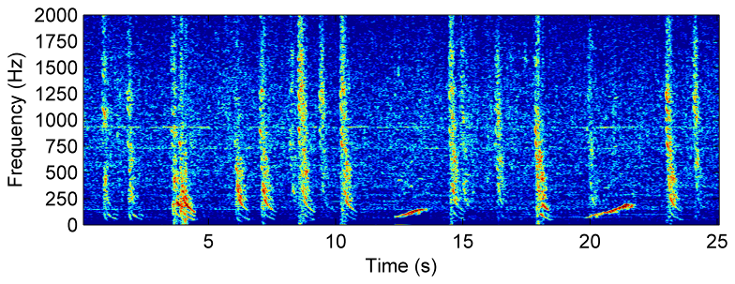
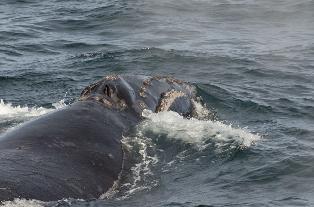
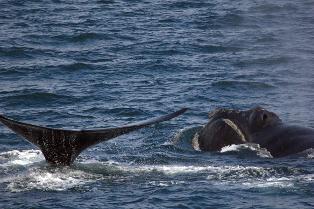
June 14, 2023 7pm in person AND via Zoom
Dr. Danielle Haulsee
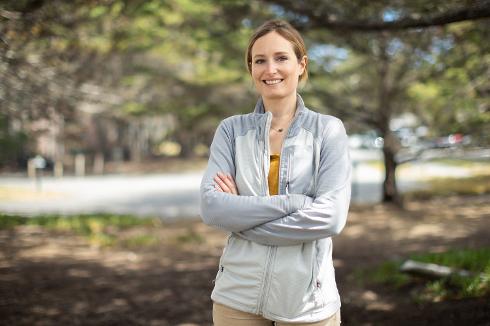
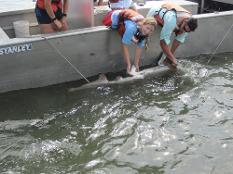
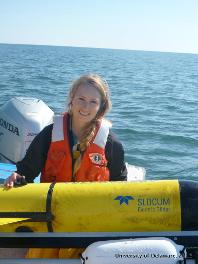
About the Speaker
Dr. Danielle Haulsee is the Chief Science Officer at Hubbs-SeaWorld Research Institute, specializing in fisheries oceanography and the spatial and behavioral ecology of marine animals. She obtained her Ph.D. in 2017 from the University of Delaware’s College of Earth, Ocean, and Environment, focusing her doctoral work on characterizing the movement ecology and social dynamics of a coastal top predator found along the East Coast of the U.S., the sand tiger shark. A key feature of her research is integrating advanced bio-logging (using tags carried by animals to record information), remote sensing and underwater robots to study the impact of a dynamic ocean on the occurrence and distribution of marine fish and sharks. Using these technologies, Danielle focuses her research on tackling applied research questions, contributing to bycatch reduction strategies, impact assessments of offshore wind development, and working towards more effective dynamic ocean management strategies. Her work spans multiple oceans, from studying the movement ecology of sharks and sturgeon in the Atlantic, to the fisheries ecology of billfish in the Eastern Tropical Pacific, to the oceanography of the White Shark Cafe in the Central Pacific and off the Nansen Ice Shelf in Antarctica.
About the Presentation
Using Tags and Tech to Support Conservation and Management in a Dynamic Ocean
Danielle will focus on her research with fish and sharks, and provide an overview of the Hubbs-Sea World Research Institute hatchery in preparation for our June 17, 2023, tour of the hatchery. More details regarding the tour to follow!
May 10, 2023 via Zoom
Kirsten Donald
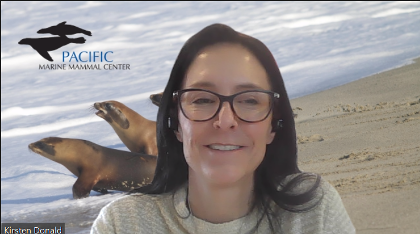
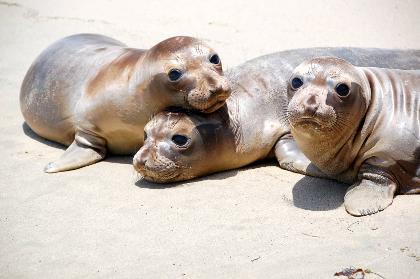
About the Speaker
Kirsten Donald is the Vice President of Education and Ocean Advocacy at Pacific Marine Mammal Center and Marine Mammal Biologist.
She earned her Master's degree in Marine Mammal Science from University of Wales in Bangor, Wales UK. Kirsten began her career at Dolphin Research Center in the Florida Keys in 1996 where she served as the Director of Education and the Director for the College of Marine Mammal Professions (aka DRC’s Training Institute). She departed DRC for Pacific Marine Mammal Center in 2015 to learn more about pinniped conservation and research.
Over the past 27 years, Kirsten has been involved in marine mammal care and training, marine mammal research, population management analyses, conservation efforts as well as marine mammal stranding and rescue efforts including multiple species such as whales and dolphins, manatees, seals and sea lions.
Kirsten currently serves on the board of directors of the South West Marine Educators’ Association.
About the Presentation
Marine Mammal Rescue, Rehabilitation & Research
March 8, 2023 via Zoom
Dr.Eunha Hoh

About the Speaker
Dr. Eunha Hoh is a Professor of Environmental Health at the School of Public Health. Dr. Hoh received her doctoral degree in Environmental Science in 2006 at Indiana University. Her research focused on the fate and transport of organohalogen contaminants in the atmosphere and the investigation of previously unrecognized halogenated flame retardants in the environment. After her graduation, she worked as a postdoctoral researcher in the field of food safety at the USDA Agricultural Research Service, Eastern Regional Research Center, located near Philadelphia, PA. She developed novel analytical methods, which included fast and efficient analyses of multiple classes of targeted chemical residues and a nontargeted analytical approach for organic compounds of interest in food and environmental samples. She was one of six PIs of the Scripps Center for Oceans and Human Health. She is a Scientific Guidance Panel member for the California Environmental Contaminant Biomonitoring Program. She is a member of the California Ocean Protection Council’s Science Advisory Team, an expert interdisciplinary group formed to address issues impacting the state’s coastal and marine ecosystems. As a member of the Thirdhand Smoke Research Consortium, she also serves as a lead researcher with the Thirdhand Smoke Resource Center.
About the Presentation
Revisiting DDT pollution in California wildlife 50 years after its ban
DDT is an insecticide widely used globally. In the United States, DDT was banned 50 years ago because of its potential human carcinogenicity and harmful effects in wildlife. One of major DDT manufacturers was in near LA and its wastewater discharge polluted the nearby coast. Recently, an offshore dumping site of DDT barrels was discovered near Catalina Island, which alerts further concerns of DDT pollution in California ocean. Our research group has studied marine mammals’ exposure to halogenated organic contaminants (HOCs) including DDT in California coast. Marine mammals are top predators in the food chains and susceptible to high exposure of bioaccumulate and biomagnifying contaminants like (HOCs). We found that marine mammal blubbers collected in the Southern California Bight contained highest DDT concentrations globally. We discovered 45+ DDT related compounds via a novel analytical approach, non-targeted analysis. Among the 45+ DDT compounds, novel contaminants, impurity of DDT technical product was highly concentrated in the marine mammal blubbers. Our recently published study also found that condors habituated in California coastal sites had much higherexposure to DDT+ compounds including the impurity compounds compared to ones in California inland sites. The talk will focus on California coastal wildlife’s exposure to DDT+ and their health concerns and discuss potential concerns on human health regarding DDT+.
February 8, 2023 7pm via Zoom
Dr. David Weller
Director, Marine Mammal and Turtle Division
NOAA Fisheries, Southwest Fisheries Science Center
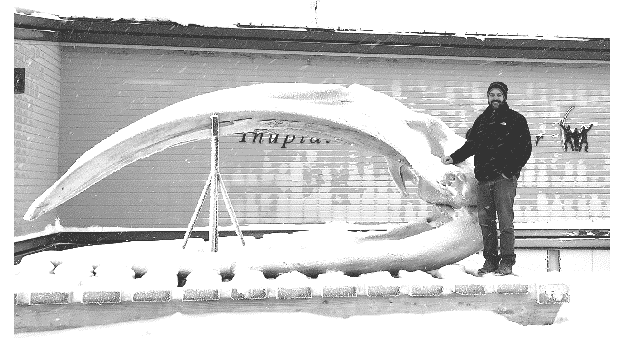
About the Presentation
Getting to Know Gray Whales: My Lifetime of Research
About the Speaker
Dr. David Weller has been studying the biology and ecology of whales and dolphins for 35 years. His specialization is in the areas of wildlife science, population assessment and evaluation of potential disturbance impacts from human activities. He received his Ph.D. in Wildlife and Fisheries Sciences from Texas A&M University in 1998. Prior to that, he completed B.A. and M.A. degrees at the University of Hawaii and San Diego State University, respectively. He has been in residence at Southwest Fisheries Science Center since 1998. Dave has decades of experience designing field projects, collecting data and completing analyses to produce scientific end products. He has supervised multi-cultural field teams in remote and often dangerous conditions as well as overseeing laboratory and analytical work. A major component of his research since 1997 has been focused on gray whales and he has authored or co-authored 70+ papers or reports on this species. These papers cover both the eastern and western North Pacific, including areas off Mexico, California, Canada, Russia, Korea, Japan and China.
January 18, 2023 7pm via Zoom
Troy Sears
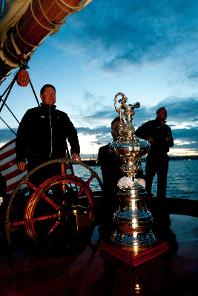
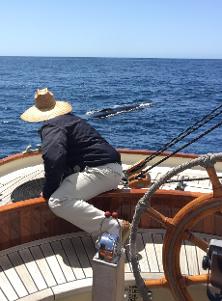
In Case You Missed It...
Troy agreed to record his talk, "So what's the coolest thing you've ever seen? Confessions of a whale watching captain with over 7,000 days on the water".
Watch it on YouTube by clicking here
About the Speaker
Troy started sailing in San Diego in 1971 at age 9 and has been an America's Cup Fan since the age of 12. He was self-taught after buying a Hobie 12 with his newspaper boy money. Troy graduated UCSD in 1985. Troy started Next Level Sailing 20 years ago in 2003 and purchased America in 2008. He sailed America over 300,000 miles and has sailed in every ocean except the newly named Southern Ocean.
December 14, 2022 via Zoom
Domenic Biagini
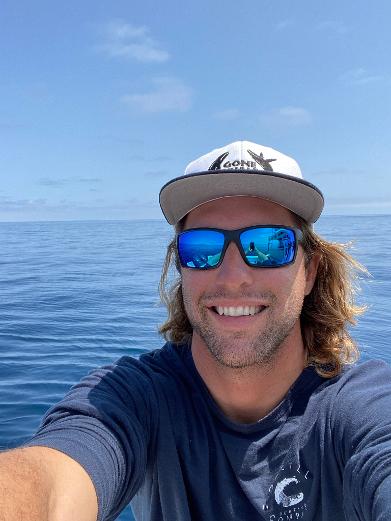
In Case You Missed It...
Domenic agreed to record his talk, "End of the Year 2022 Wrap Up of Cetaceans and Other Things Seen!"
Watch it on YouTube by clicking here
About the Speaker
Captain Domenic Biagini, better known as DolphinDroneDom on social media, is a renowned Wildlife Cinematographer based in San Diego California. Domenic is from Arlington Heights, IL and graduated from Azusa Pacific with a degree in English. Domenic began working as a deckhand in 2017, which is the same year he began flying drones. He started Gone Whale Watching San Diego in August 2019. Since then, he has 4 million followers across social media with over a billion video views. Domenic has filmed for the BBC, National Geographic, and Apple.
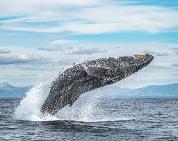
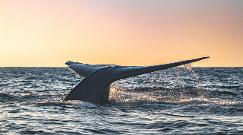
October 12, 2022 via Zoom
Delanie Medina
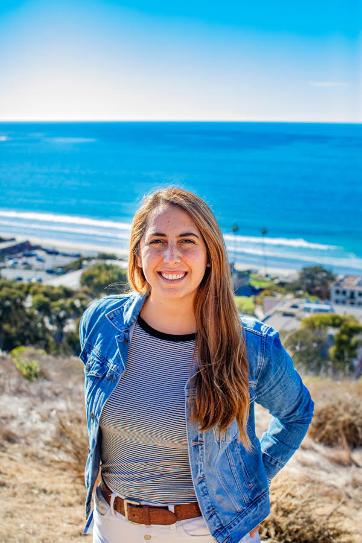
In Case You Missed It...
Delanie agreed to record her talk, "Clean Water and the Impacts Our Actions On Land Have to the Vital and Sensitive Ecosystems Along Our San Diego Coastline."
Watch it on YouTube by clicking here
About the Speaker
Delanie Medina is the Education Manager at San Diego Coastkeeper. She has worked in the field of environmental education for ten years as a science communicator, ocean naturalist, and informal educator. Delanie holds a bachelor's degree in biological sciences with an emphasis in ecology from Cal State University San Marcos. As the Education Manager at San Diego Coastkeeper, Delanie manages their suite of education programs that provides hands-on environmental science and climate change stewardship opportunities to K-12th grade students in San Diego County. San Diego Coastkeeper's work entails being the voice for San Diego's waters and activating communities to be advocates of change for clean, drinkable, and swimmable water in San Diego.
Prior to her role with San Diego Coastkeeper, Delanie worked as a field and classroom educator and naturalist and also served as an education coordinator at Birch Aquarium at Scripps where she coordinated and managed onsite and offsite public programs. Some of her work included managing the seasonal whale watching program where she trained naturalists and volunteers and coordinated member trips down to Baja to take visitors out into the gray whale birthing and breeding lagoons. Delanie spent many years as a whale naturalist providing tours out of San Diego Bay to search for Eastern Pacific Gray Whales on their annual migration. Delanie's work over the years has interconnected public education, community outreach, interpretation and communication techniques, and inspiring people to be thoughtful and mindful of their actions on our planet.
September 14, 2022 via Zoom
Eileen Maher
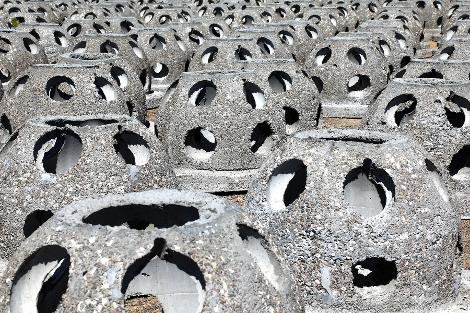
In Case You Missed It...
Eileen agreed to record her talk, "San Diego Port Authority Reef Project"
Watch it on YouTube by clicking here
About the Speaker
Eileen Maher is the Director Environmental Conservation including Aquaculture and Blue Technology at the Port of San Diego. Eileen is responsible for the natural resources of San Diego Bay including in-water construction permit compliance; nature based solutions including mitigation banking; environmental education; habitat restoration; endangered species management; dredging projects; aquaculture and the Port’s Blue Economy Incubator; as well as assisting with bay wide development projects including hotels and a convention center worth over $4 billion.
July 13, 2022 via Zoom
Callie Steffen

About the Speaker
Callie Steffen is a project scientist at the Benioff Ocean Initiative, where she works on projects that are developing science- and technology-based solutions to ocean problems, such as the Whale Safe project; a mapping and analysis tool displaying whale and ship data for the Santa Barbara tool with the goal of preventing fatal whale-ship collisions. Her background is in environmental science, data analysis, and conservation planning.
About the Lecture
"Whale Safe"
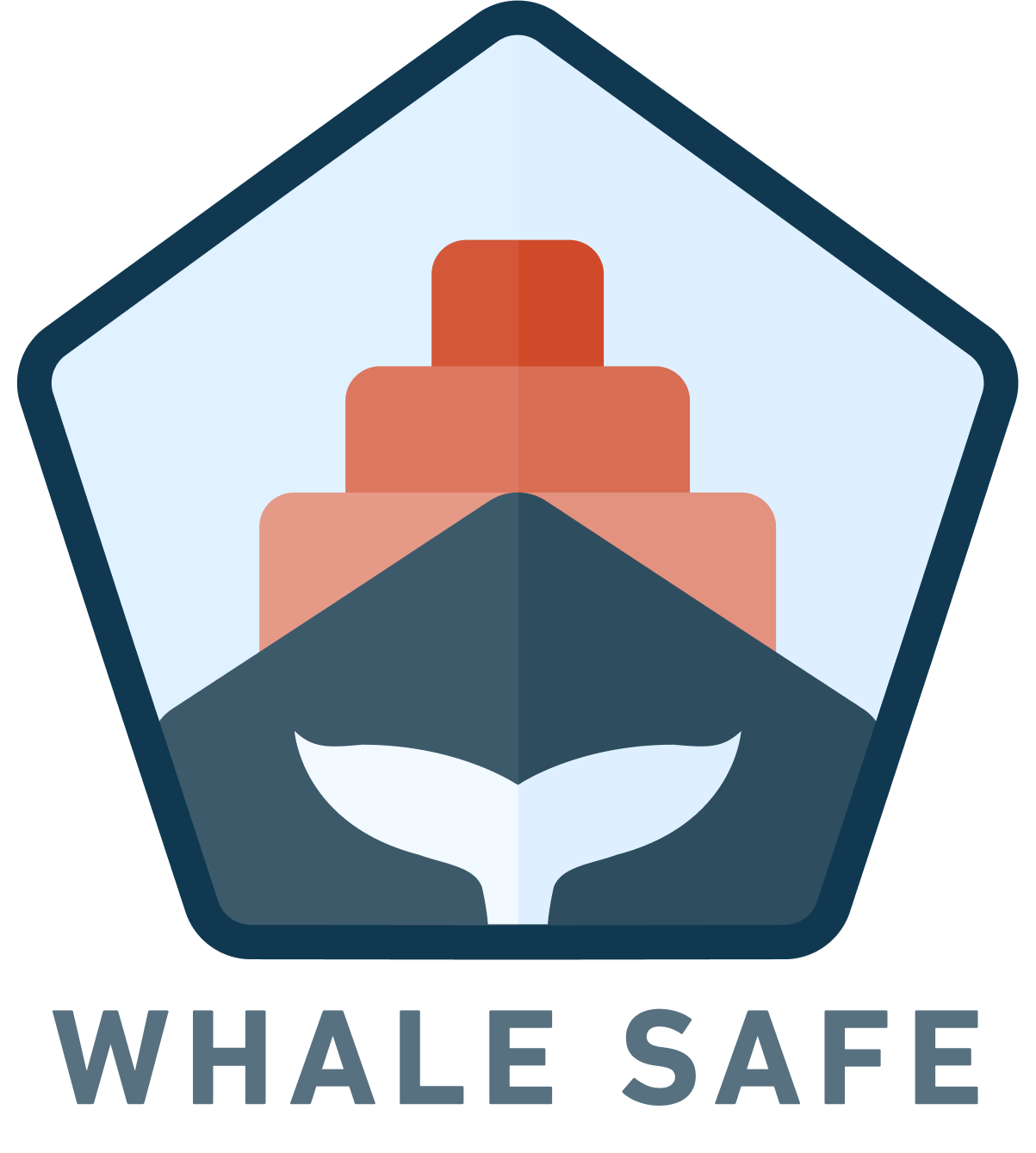
May 11, 2022 via Zoom
Dr. Michael Moore
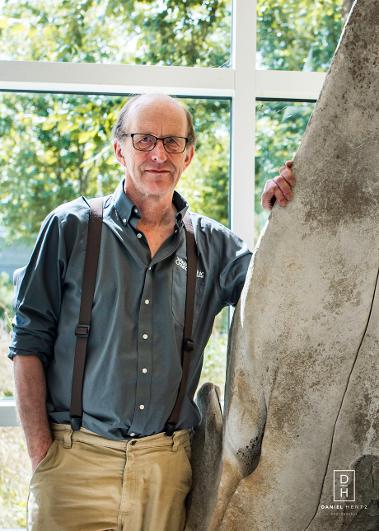
In Case You Missed It...
Michael agreed to record his talk, "We Are All Whalers: The Plight of Whales and Our Responsibility"
Watch it on YouTube by clicking here
About the Speaker
Michael J Moore is a veterinary scientist at the Woods Hole Oceanographic Institution (WHOI). His research encompasses the physiology and pathology of marine mammals. He has studied the effects of trauma from the shipping and fishing industries on large whale survival welfare. He is currently working with stakeholders to reduce the threats of such trauma to these animals.
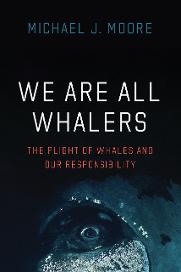
April 13, 2022
Dr. Lauren Pandori
About the Speaker
As a Marine Biologist on the Natural Resources Team at Cabrillo National Monument (San Diego, CA), Dr. Lauren Pandori runs a rocky intertidal long-term monitoring program, collaborating with academic and non-profit partners to analyze and publish resulting data. She also analyzes many types of data at the park (visitation, vegetation, wildlife) to assess how the park has changed over time and inform stewardship strategies.
About the Lecture
"30 Years of Rocky Intertidal Monitoring at Cabrillo National Monument"
March 9, 2022 via Zoom
David McGuire
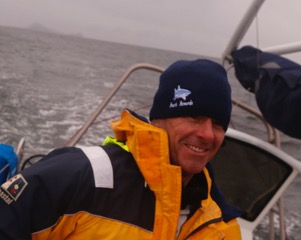
In case you missed it, David agreed to record his talk, "California's Coolest Sharks and Why We Should Care"
Watch it on YouTube by clicking here
About the Speaker
A marine biologist and shark advocate, David McGuire is the founder of the Ocean Health and Shark Conservation non profit Shark Stewards dedicated to saving sharks and protecting critical marine habitat. As a sailing captain, dive master and filmmaker, David has explored the world ocean on numerous sailing voyages producing media with an emphasis on sharks and ocean awareness.
David’s undergraduate work in Marine Biology at UC Santa Barbara lead him to study whales in Mexico, and join an expedition across the Pacific. He has a masters degree in environmental health from UC Berkeley, where he worked for over a decade in the Department of Integrative Biology. A Research Associate of the Departmentof Aquatic Biology at the California Academy of Sciences, David is conducting a shark research program that includes shark population studies, movements and fisheries impacts. An adjunct professor at the University of San Francisco, David teaches marine protection policy and marine ecology.
David has participated in numerous sailing voyages and scientific diving expeditions with Academy researchers communicating the wonders of the natural world and ocean life and the need to protect them, including a two month biodiversity expedition to the Philippines where he filmed and produced an Emmy award winning documentary Reef to Rain forests.
David is the writer, producer and underwater cinematographer of several award winning documentaries focusing on sharks, including an online series in Borneo. A National Geographic Explorer, he has also published numerous articles on the state of the ocean and sharks and writes a National Geographic Explorers blog and an Ocean Voices column on sharks and ocean health. David selects and emcees films and hosts panels at film festivals including the San Francisco Ocean Film Festival and the San Francisco Green Film Festival and is a popular public speaker sharing his ocean stories and images. He has received numerous awards for his work including an award for Journalism with KQED for the investigative story Sea Horse Sleuth, the 2011 Hero of Marin Environmental Stewardship Award, and an Emmy award for his work on the documentary Reefs to Rainforests. David has been recognized by Congressman Jared Huffman for his work, and was awarded the Hero of Marine Award for catalyzing shark fin trade bans in North America. He has also been recognized as a Hero of the Environment by the Town of Pacifica for his educational and ocean conservation work.
An ocean adventurer and athlete, David has competed in numerous endurance events such as the Trans Pacific Yacht Race, Hawaii Ironman and is an open water marathon swimmer, swimming for sharks. Current projects include an adventure film on diving with sharks in Hawaii and a book on sharks and rays of California.
February 9, 2022 via Zoom
Sabena Siddiqui
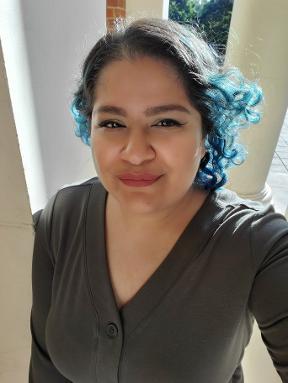
In case you missed it, Sabena agreed to record her talk, "Beyond Song: Exploring humpback whale calls on the Hawaiian breeding grounds"
Watch it on YouTube by clicking here
About the Speaker
Sabena has always been fascinated with questions about animal communication. She was born in India and raised in Indiana and has chased her passion for these questions through participation in projects involving manatee cognition, and cetacean communication in locations such as Egypt, The Bahamas, Florida, the North Atlantic, and Hawaii. Her interest in cetacean communication took her to Woods Hole where she began studying humpback whale calls. These experiences on the east coast led her to Hawaii where she recently completed her master’s project on humpback whale calls on the Hawaiian breeding ground. Shifting her focus to a colder climate, Sabena is now a PhD student at Oregon State University’s Marine Mammal Institute to study Arctic whale calls under a changing climate. Sabena is also a board member of the American Cetacean Society (ACS) where she has served as the organization’s Student Chair for ten years, and she represents the ACS at the International Whaling Commission. To promote gender equality and diversity in science, she served as the lead editor of the first publication highlighting women cetacean scientists through the ACS Whalewatcher special issue “Breaking the Surface: Women of Cetology”.
January 12, 2022 via Zoom
Steven L. Swartz, Ph.D.
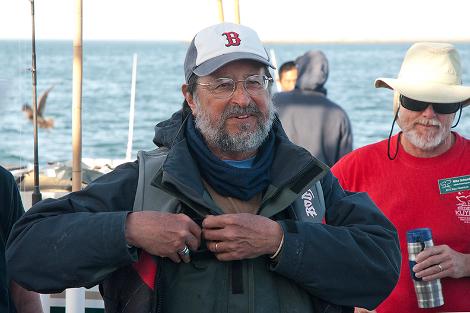
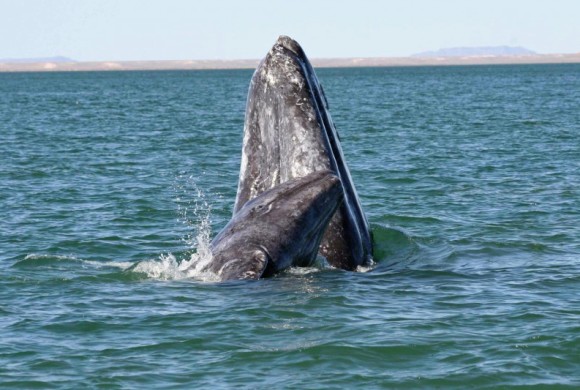
In case you missed it, Steven agreed to record his talk, "Gray Whale Update"
Watch it on YouTube by clicking here
About the Speaker
Steven is a 1986 graduate of the University of California at Santa Cruz and has researched has and published widely on gray whales and their breeding lagoons in Baja California. From 1977 to 1982 Steven and Mary Lou Jones conducted the first systematic research of gray whales in laguna San Ignacio in Baja California Sur, Mexico. In 2006, along with Jorge Urban R., Steven founded the Laguna San Ignacio Ecosystem Science Program (LSIESP) to support and encourage science-based research and monitoring of gray whales and their breeding/aggregation lagoon areas in Baja California Sur, Mexico. He has served as a consultant to the Mexican government’s Ministry for the Environment, Natural Resources, and Fisheries (SEMARNAP), and worked for the Ocean Conservancy (previously the Center for Environmental Education), the U.S. Marine Mammal Commission, the National Marine Fisheries Service, and the International Whaling Commission.
Steven retired from federal service in 2011 and now works as a consultant and senior scientist for non-government environmental and marine conservation organizations. Steven is also a founding member and Past-President of the San Diego Chapter of the American Cetacean Society.
November 10, 2021 (via Zoom)
Jodi Frediani
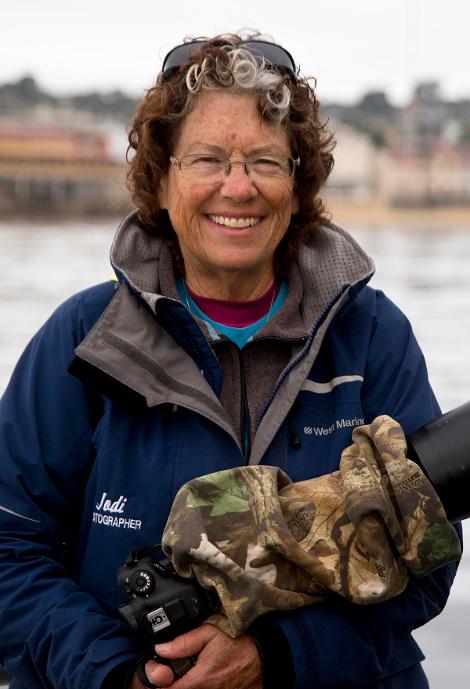
In case you missed it, Jodi agreed to record her talk, "Lions & Leopards & Whales, Oh My! Photographing Marine Life Around the Globe"
Watch it on YouTube by clicking here
About the Speaker
Jodi Frediani, Santa Cruz based award-winning photographer and whale researcher, has been swimming with and photographing humpback whales on the Silver Bank (Dominican Republic) for the past 20 years. In addition, she has been photographing the marine life of Monterey Bay for the past eleven years, while taking time off for photographic adventures to Africa, Alaska, Argentina, Antarctica, the Arctic, Brazil, Franz Josef Land, Norway, Siberia, Thailand and Tonga. Her work has appeared in a number of national and international publications, including the BBC’s “Nature’s Weirdest Events”, and Carl Safina’s National Geographic blog, “Ocean Views”. In addition to photographing wildlife in its many forms and habitats, Frediani is engaged in whale research via several fluke ID projects both here and abroad. With co-authors Nancy Black and Fred Sharpe, she published her first paper in 2020, entitled Postmortem Attractions: Humpback Whales Investigate the Carcass of a Killer Whale-Depredated Gray Whale Calf. She is currently working with Fred on two additional papers about humpback whale bubble use and recently returned from a 3-week boat-based humpback whale field research expedition in southeast Alaska. You can check out her photography at www.jodifrediani.com
October 13, 2021 (via Zoom)
Geraldine Busquets-Vass
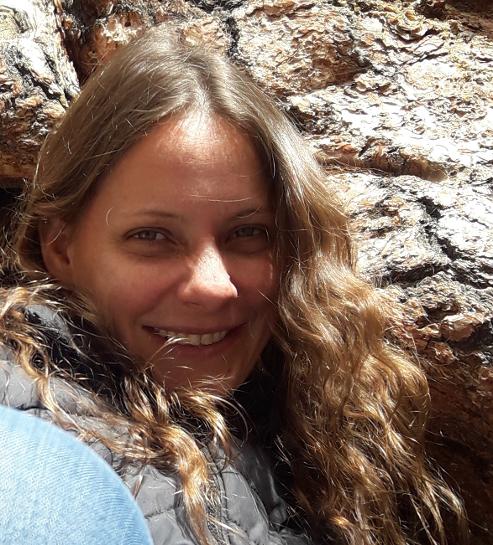
In case you missed it, Geraldine agreed to record her talk, "Feeding ecology, migratory patterns, and physiology of blue whales in the northeast Pacific inferred using biomarkers in their tissues"
Watch it on YouTube by clicking here
About the Speaker
Geraldine Busquets-Vass was born in Mexico City. She is a Marine
Biologist with a Ph.D. in Marine Sciences. For the past fifteen years she has participated in marine mammal surveys from small boats, airplanes, and ships. Her research has focused on understanding the foraging ecology and reproductive physiology of marine megafauna via analysis of intrinsic biomarkers in animal tissues. During her Ph.D., she studied the foraging ecology, movement patterns, and physiology of blue whales using stable isotope analysis in skin and baleen plates. Currently she is a postdoctoral
researcher at the University of New Mexico, Albuquerque, at Dr. Seth D. Newsome Laboratory. The aim of her project is to characterize the foraging ecophysiology and migratory patterns of blue, gray, fin, and humpback whales in the eastern Pacific Ocean using bulk tissue and amino acid isotope analysis of baleen plates. The results of this research will enable us to assess the vulnerability of baleen whales to environmental change to help inform species-specific management plans.
About the Presentation
Blue whales are considered sentinels of the ocean’s health, because their populations are susceptible to changes in the marine ecosystems. They are fascinating to observe, and many populations sustain large whale watching companies. Because this group is both ecologically and economically important, it is necessary to continuously monitor their populations. However, this is not an easy task due to logistic limitations associated with their distribution and our inability to continuously observe them. To reveal many secrets of the foraging ecology and physiology of blue whales, researchers have been using “isotopic signatures” embedded in their tissues that provide information on their life histories at different time scales, depending on the tissue analyzed. Baleen is made of keratin, the same protein in our fingernails, and record isotopic signatures that provide information of the feeding ecology, migratory patterns, and physiology. In this presentation we will review how blue whale tissues are analyzed to track these preserved isotopic signatures to obtain information on the behavior and physiology.
September 8, 2021 7PM
Uko Gorter
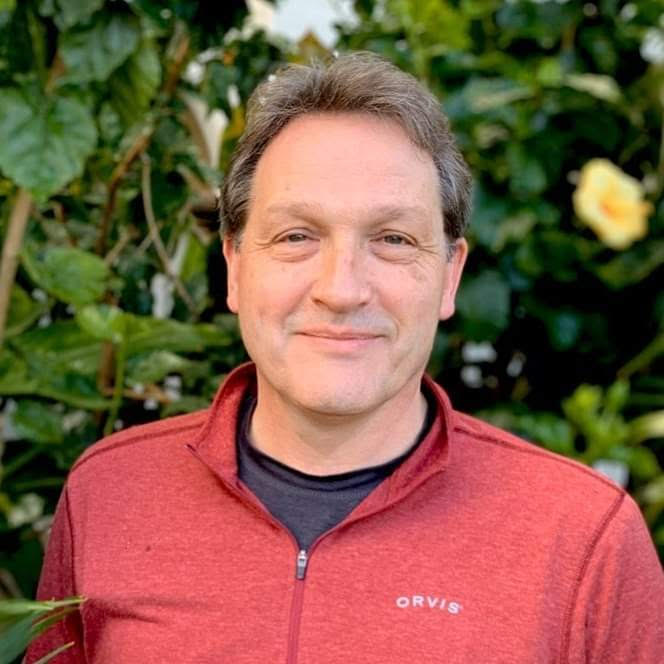
About the Presentation
In 1787, the famous Scottish surgeon and anatomist, John Hunter, lamented that it was "...our unfitness to pursue our researches in the unfathomable waters" regarding our scientific inquiry of whales. From the ancient classical times through the early twentieth century, this challenge continued to plague naturalists and zoologists. How did we get to know the whales? The history of the science of whales, orcetology, is immensely fascinating and richly layered. While it is impossible to fully detail this story in a single presentation, I will attempt to give a succinct overview and highlight some of the most important protagonists who shaped this unique branch of zoology. A field made up of philosophers, compilers, naturalists, ship-surgeons, systemizers, museum-curators, anatomists, acousticians, molecular biologists, ethologists, and many more. A science dominated by men until the twentieth century, when women made their entry after World War II.
I hope you will come away with a fuller appreciation of the history of cetology.
In case you missed it, Uko agreed to record his talk, "Dawn of Cetology: The Scientific Pursuit of Whales, from the Antiquities to the Twentieth Century"!
Watch it on YouTube by clicking here
About the Speaker
Born in Arnhem, Holland, Uko Gorter ended a seventeen-year career as a professional ballet dancer in 1997. Following in his father's footsteps, he subsequently pursued his lifelong dream of becoming an illustrator. Uko enrolled in the School of Visual Concepts and the School of Realist Art, both in Seattle, WA. His interest in nature led him to become a natural history illustrator. Specializing in marine mammal illustration, Uko Gorter has traveled extensively to observe whales, dolphins, and other marine mammals in their natural environment. Uko’s work has appeared in scientific journals, museums, interpretive signs, and many books. The culmination of this work was illustrating all marine mammal species for the second edition of “Marine Mammals of the World: A Comprehensive Guide to Their Identification”, authored by Thomas Jefferson, Marc Webber, and Robert Pitman (Elsevier Press, 2015). More recently his work was featured in the Anatomy of Dolphins; Insights into Body Structure and Function (Cozzi et al., 2017), and the Encyclopedia of Whales, Dolphins, and Porpoises (Erich Hoyt. 2017).
Uko joined the American Cetacean Society in 2002, and is the current president of the American Cetacean Society. Uko lives with his wife in Kirkland, Washington.
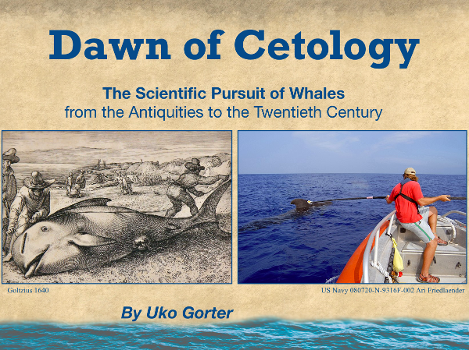
August 11, 2021 7PM
Daven Hafey
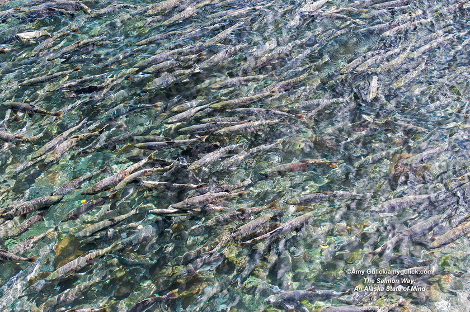
About the Speaker
About the Presentation
Wednesday, July14, 2021
George Liddle
In case you missed it, George agreed to record his talk about the ACS trip he led to the gray whale calving lagoons! Watch it on YouTube by clicking here
About the Speaker
Wednesday, June 9, 2021
Trevor Branch, PhD
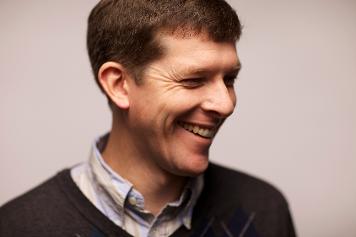
In case you missed it, Trevor agreed to record his talk on Antarctic Blue Whales! Watch it on YouTube by clicking here
About the Speaker
Wednesday, May 12, 2021 via Zoom
Nancy Black
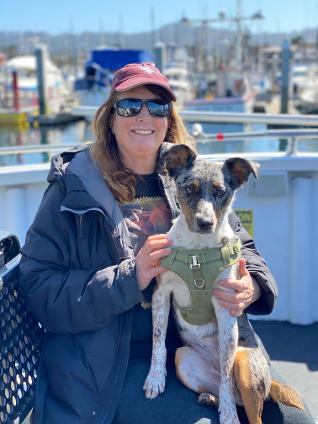
In case you missed it, Nancy agreed to record her talk. Watch it on YouTube by clicking here
About the Speaker
About the Presentation:
Wednesday, March 10, 2021 via Zoom
Ricky Rebolledo
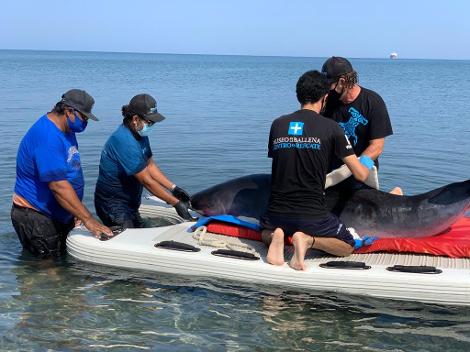
In case you missed it, Ricky agreed to record his talk. Watch it on YouTube by clicking here
About the Speaker
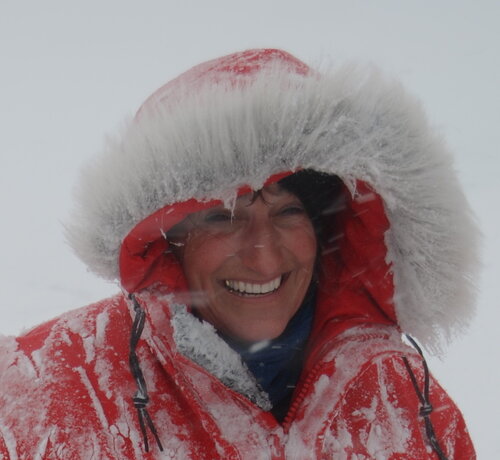
In case you missed it, Dr. Karentz agreed to record her talk. Watch it on YouTube by clicking here
About the Presentation
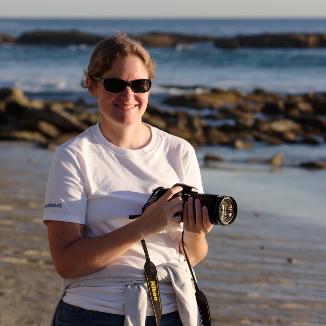
The critically endangered Southern Resident killer whales are the most watched and studied whales in the world, yet they struggle for survival in the waters of Washington State and British Columbia. These urban orcas, a Pacific Northwest icon, are at the center of human politics as we attempt to learn from the past and find a sustainable future.
Monika Wieland Shields is the co-founder and director of the non-profit Orca Behavior Institute, which conducts non-invasive behavioral and acoustic research on the orcas of the Salish Sea. She has been studying, photographing, and sharing stories about the Southern Resident killer whales since 2000. She lives on San Juan Island, Washington.
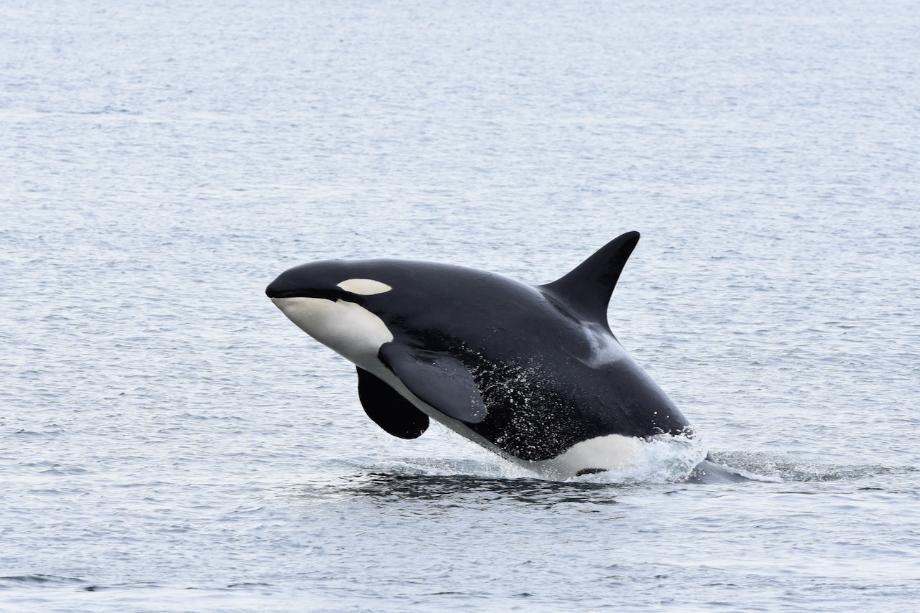
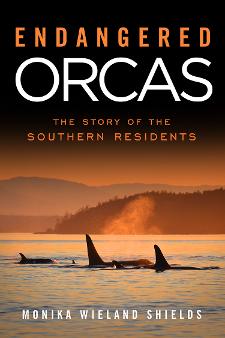
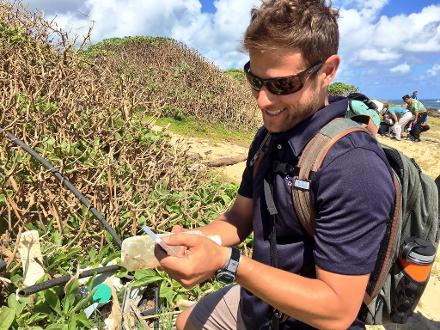
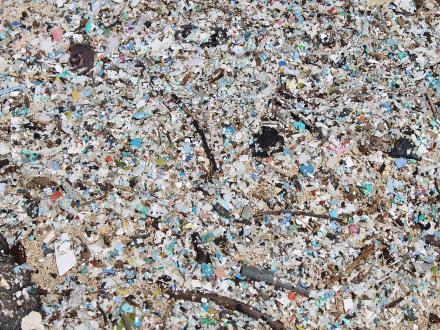
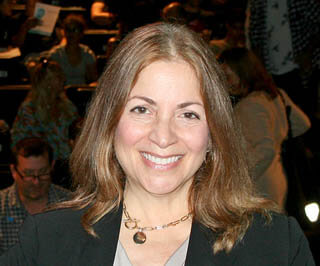
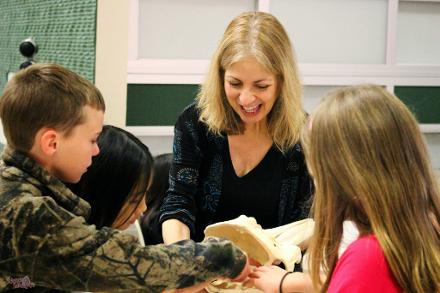
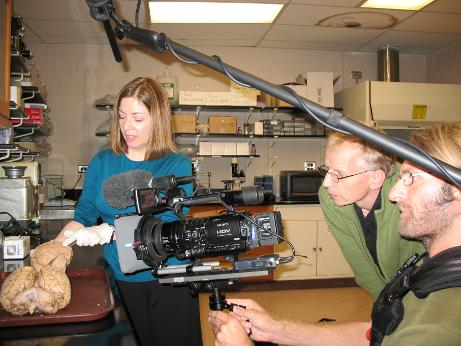
Lori Marino is a comparative neuroscientist and expert in animal behavior and intelligence, formerly on the faculty of Emory University.
Lori is internationally known for her work on the evolution of the brain and intelligence in dolphins and whales (as well as primates and farmed animals). She has published over 140 peer-reviewed scientific papers, book chapters, and magazine articles on cetacean biology and cognition, comparative brain anatomy, self-awareness in nonhuman animals, human-nonhuman animal relationships, and the evolution of intelligence.
She is also an expert on captivity issues such as dolphin assisted therapy and the educational claims of the zoo and aquarium industry.
In 2001, she co-authored a ground-breaking study offering the first conclusive evidence for mirror self-recognition in bottlenose dolphins, after which she decided against further research with captive animals.
Lori is the President of the Whale Sanctuary Project, whose mission is to create the first permanent sanctuary for captive belugas and orcas in North America. And she is also the Founder and Executive Director of The Kimmela Center for Animal Advocacy, which focuses on scholar-advocacy for animals.
She has appeared in several films and television programs, including the 2013 documentary Blackfish about orca captivity, Unlocking the Cage, the 2016 documentary on the Nonhuman Rights Project, and Long Gone Wild , the 2019 documentary about the global orca captivity industry.
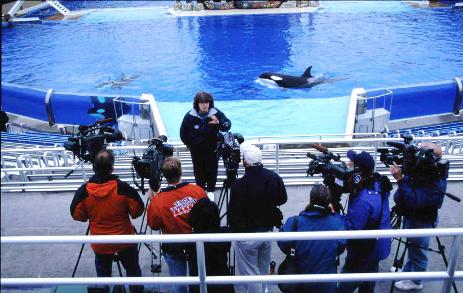
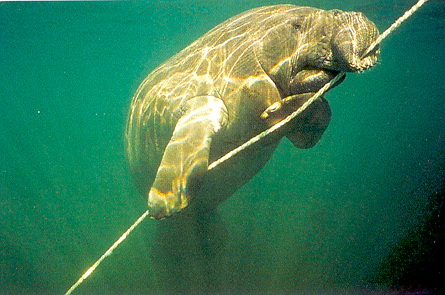
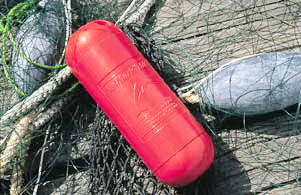
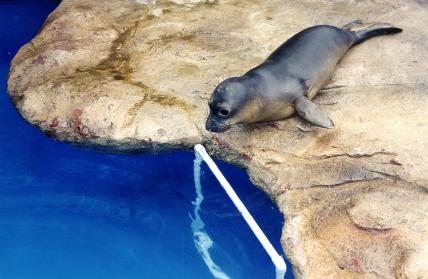
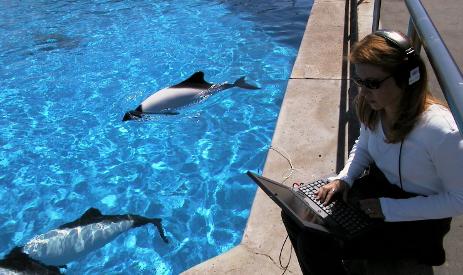
In case you missed it, Stephanie agreed to record her talk. Watch it on YouTube by clicking here
About the Speaker
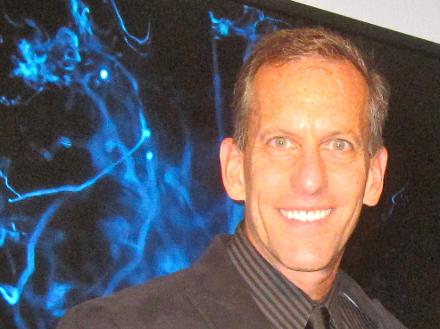
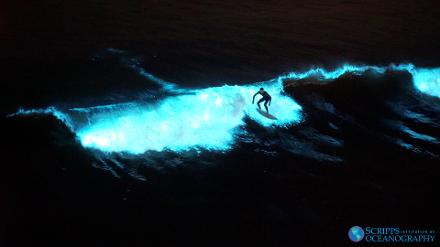
Michael Latz is a marine biologist at the Scripps Institution of Oceanography at the University of California San Diego, one of the largest environmental research centers in the world. Over his 40 year career studying bioluminescence, he has investigated the ecological role of bioluminescence, the cellular regulation of light emission, the applications of bioluminescence as a tool in oceanography and engineering, and the use of bioluminescence as an educational tool for public outreach. He works with nonpublic agencies in the Caribbean to provide science expertise on bioluminescent bays, and collaborates with artists in developing creative approaches for displaying bioluminescence. He has a B.S. degree from Duke University, and M.S. and Ph. D. degrees from the University of California Santa Barbara. For more information, visit his website: http://siobiolum.ucsd.edu
In case you missed it, you can watch Michael's zoom presentation here:
Password: 5l&Yb438
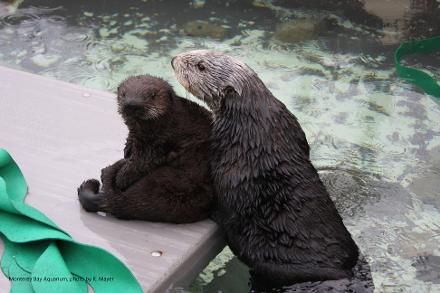
About the Speaker
“Future Trajectories of Fish Methylmercury Levels in an Era of Changing Climate”
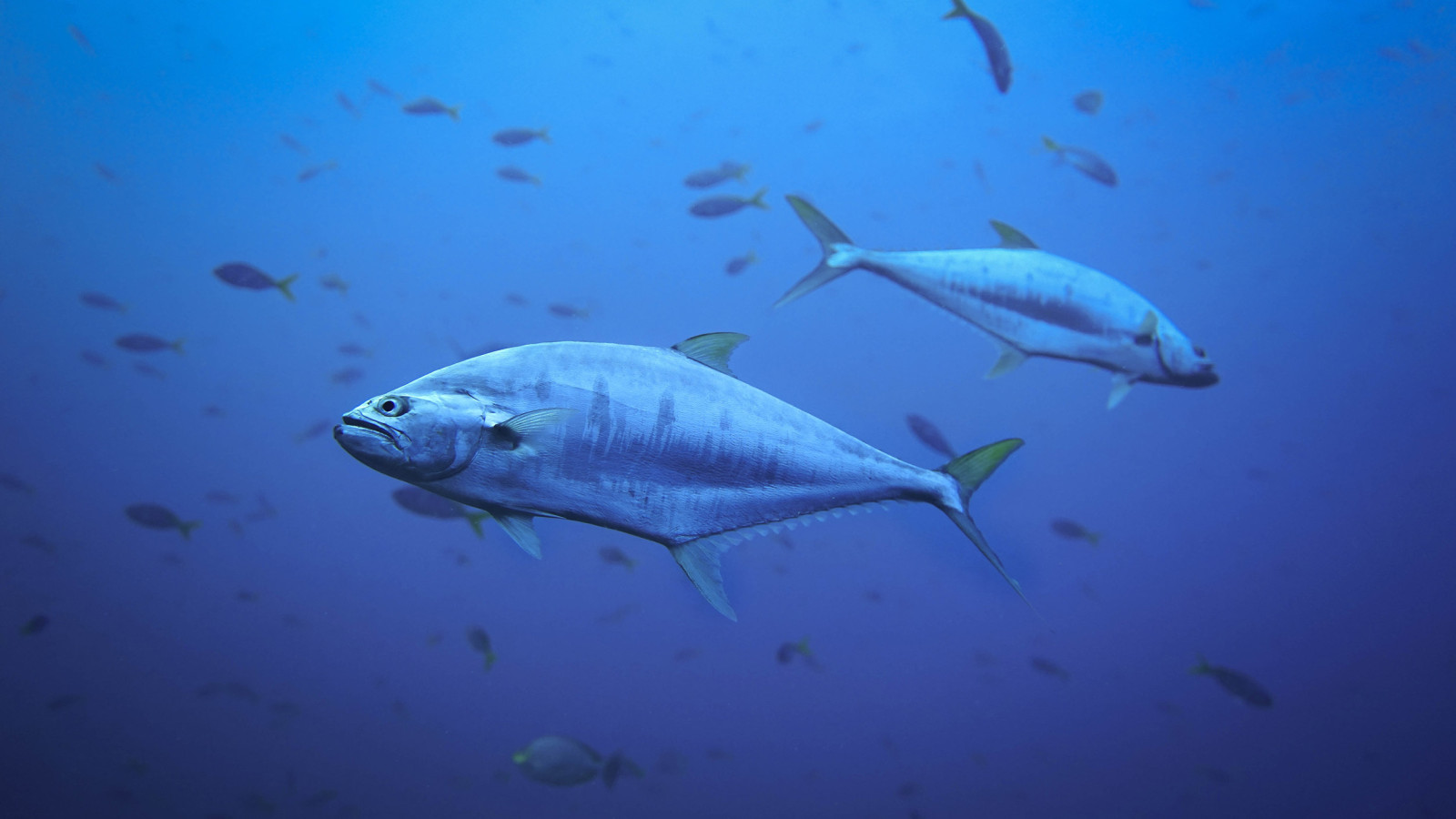
Although Sumner Auditorium was still closed, our May speaker, Amina Schartup, was willing and happy to be our first Zoom speaker.
Humans have been using and releasing mercury for three millennia, but since the industrial revolution, mercury emissions have increased at least 3-fold. Mercury travels in the atmosphere before depositing on the oceans where it is microbially converted into a potent neurotoxin: methylmercury. Methylmercury then biomagnifies in marine food-webs, which means that concentrations are the highest in apex predators like tunas. Unfortunately, both the mercury cycle and fish have been experiencing the effects of climate change. My research focuses on understanding and quantifying how environmental changes–such as seawater temperature–affect methylmercury levels in our favorite seafood.
The link to the story:
Wednesday, June 14, 2017 7:00 PM
Dr. Ann Bowles, Ph.D.
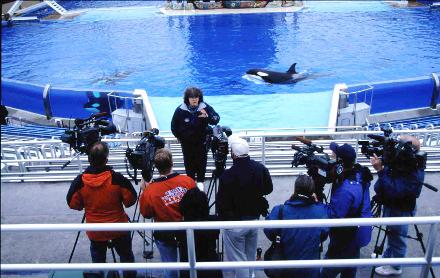
The ACS welcomed Dr. Ann Bowles and her presentation, "When it Comes to Communication, Are Killer Whales Big Dolphins? One Scientist's Perspective."
Dr. Ann Bowles received her B.A. in Linguistics from the University of California, San Diego, and her Ph.D. in Marine Biology from the Scripps Institution of Oceanography. She now leads the Animal Behavior and Senses Program at Hubbs-SeaWorld Research Institute. The program is best known for several decades of research on the effects of human-made noise in a wide range of species, but it has also conducted research on marine mammal hearing and communication. Dr. Bowles helped develop current science-based criteria for protecting marine mammals from noise. Out of this experience, she has worked to foster solutions to marine mammal conflicts with other human activities, such as fisheries interactions. She has recently returned to her linguistic roots with a series of papers on vocal development and learning in killer whales.
Wednesday, May 10, 2017 7:00 PM
Alyson Fleming, Ph.D.
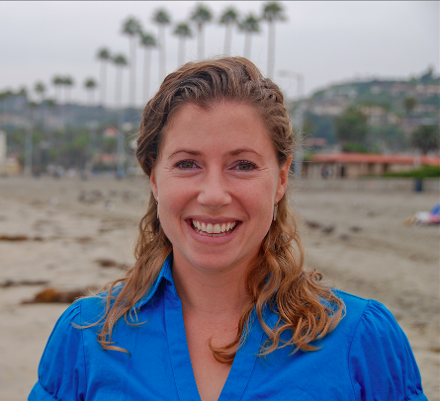
The ACS welcomed Alyson Fleming and her presentation, “Cetaceans as historical records and sentinels of climate change.”
Large, migratory predators are often cited as sentinel species for ecosystem processes and climate-related changes, but their utility as indicators is dependent upon an understanding of their response to environmental variability. Documentation of the links between climate variability, ecosystem change and predator dynamics is absent for most top predators. Identifying species that may be useful indicators and elucidating these mechanistic links provides insight into current ecological dynamics and may inform predictions of future ecosystem responses to climatic change.
Aly is a James Smithson Postdoctoral Fellow. Prior to joining the museum, she was a Knauss Marine Policy Fellow and Foreign Affairs Officer at the Department of State working on international marine policy in the Office of Marine Conservation. She received her Ph.D. from Scripps Institution of Oceanography in biological oceanography researching cetacean population structure, foraging ecology and habitat modeling. Her James Smithson fellowship research is examining the historical ecology of Arctic cetaceans using NMNH collections of baleen, teeth, and bone, as a way to predict potential future trajectories of these species in light of a changing climate. As a Smithson Fellow, her work connects Smithsonian science and policy leaders with other US government and NGO partners to better inform the development of a sustainable Arctic policy.
Wednesday, April 12, 2017 7:00 PM
Mark Lowry
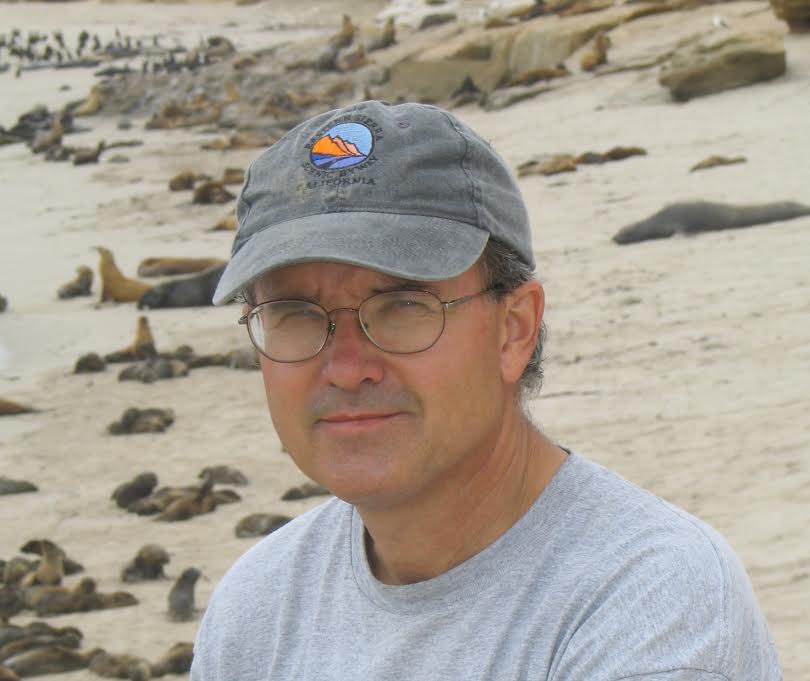
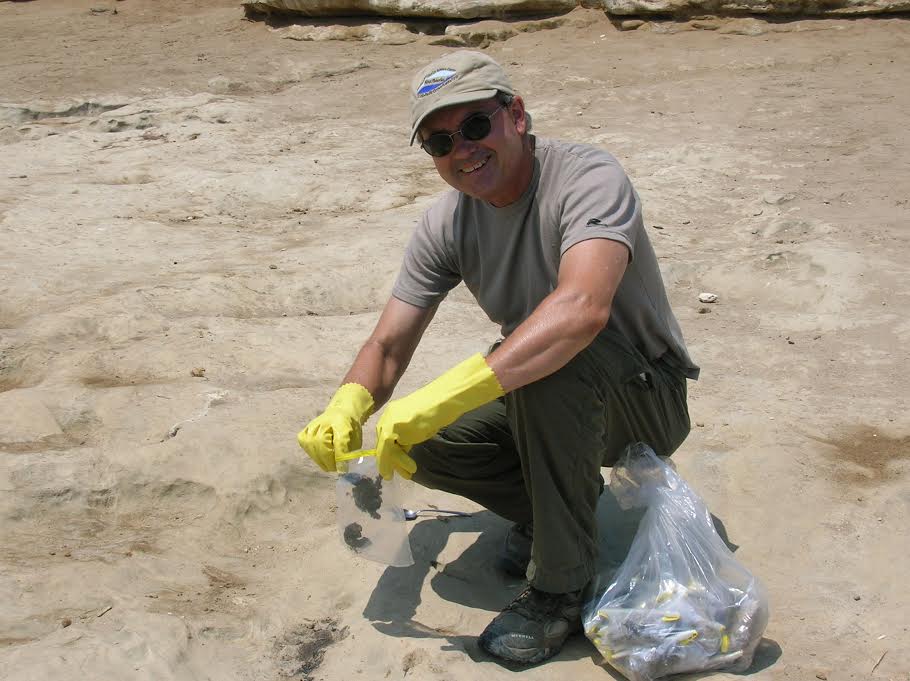
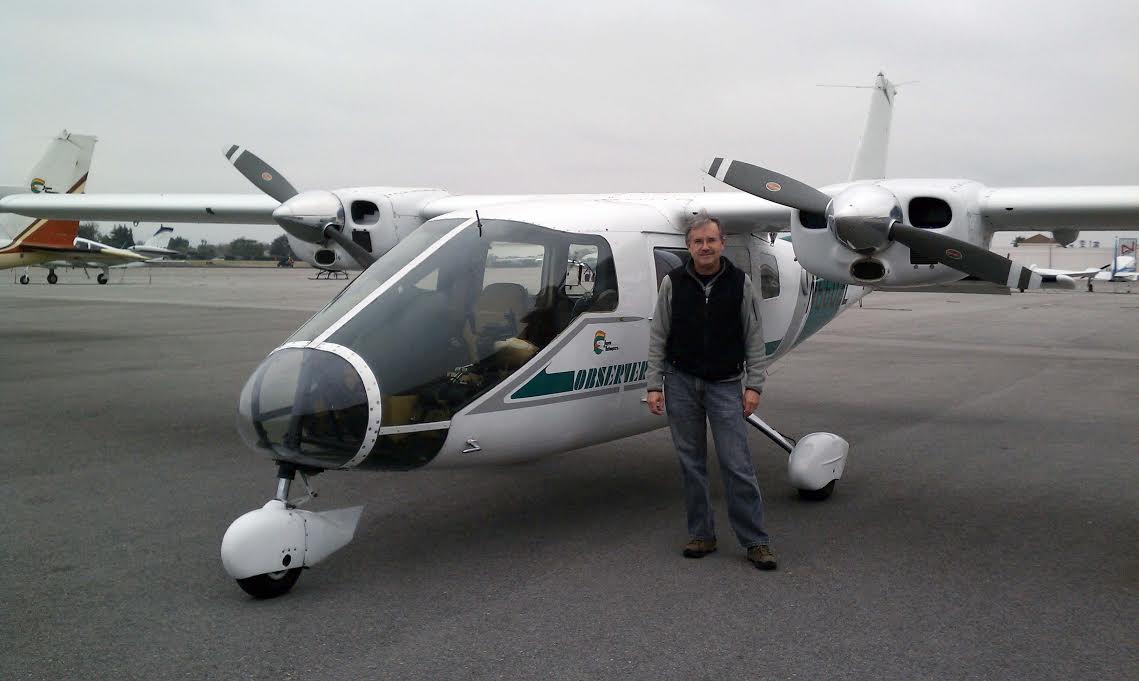
Wednesday, March 8, 2017 at 7:00 PM
Dr. Barbara Taylor
Southwest Fisheries Science Center, NMFS, NOAA
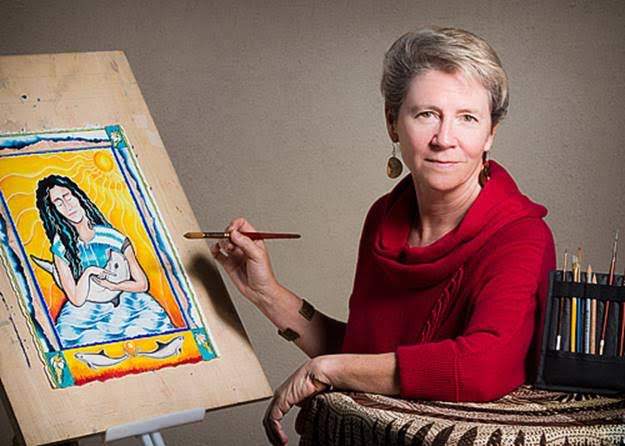
Vaquitas dropped from 60 to about 30 individuals in the past year. A year with a gillnet ban within the full range of the species, the Sea Shepherd collaborating with the Navy to remove nets, and an additional derelict gear removal program. In this presentation Barbara Taylor provides an update on the latest recovery team meeting, plans to take vaquitas into temporary sanctuary, news on the future of gillnetting and changes in laws regarding illegal fishing. The lofty peaks of San Pedro Martir, home to a thriving California condor population, form a backdrop to the tiny area where vaquitas remain. These new efforts to save vaquitas in sanctuaries inspire learning lessons from that other local species that was on the brink of extinction and is now recovering. Learning from both the successes and the failures of condor conservation will provide ample material for a lively discussion at this critical time for vaquitas’ fate.
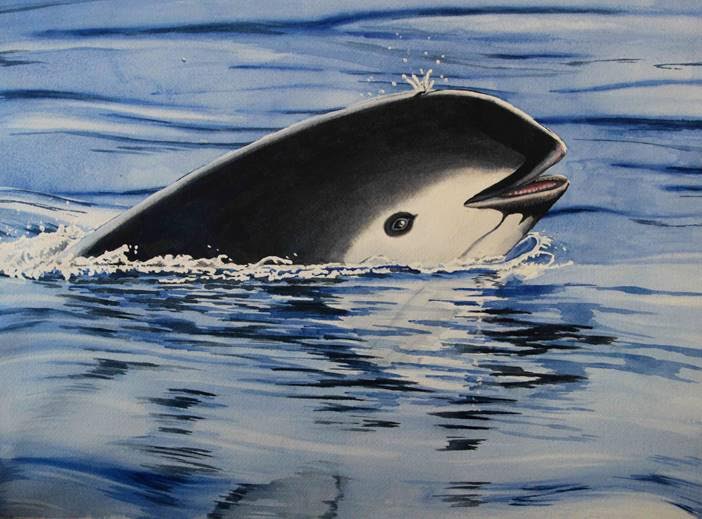
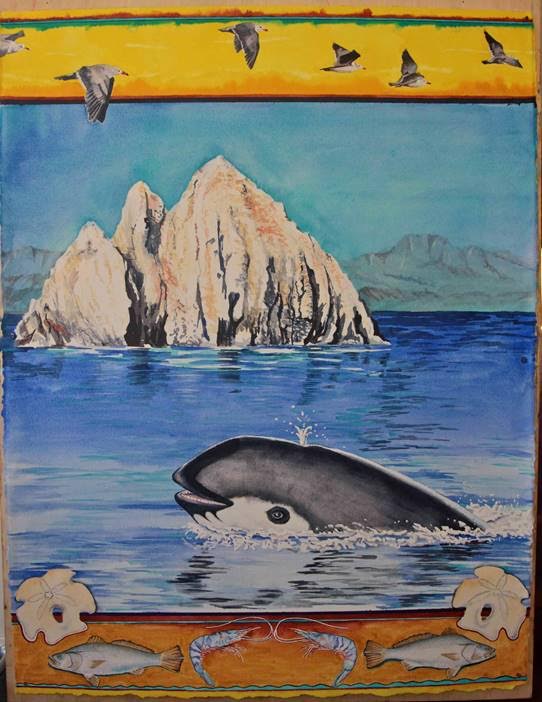
Jeremy Smith


Jeremy currently works for San Diego Whale Watch, where he has been one of their naturalists for the last four years. His background includes multiple years of education work at the North Carolina Aquarium, Duke marine lab, and at Sea Camp San Diego teaching kids all about marine science. Jeremy’s sea turtle experience began in 2001 on the beaches of southern Florida. He’s worked with loggerheads, hawksbills, leatherbacks and green turtle species on nesting beaches including southern Florida, North Carolina, Barbados, and Saint Croix. Jeremy currently spends his summers in St. Croix helping biologist, Dr. Kelly Stewart, with a population analysis and genetics study of leatherback sea turtles. Jeremy talked about the current project that he’s working on, and discussed other species that can be found nesting on American beaches, or swimming here off the coast of southern California, even here in La Jolla!
Ric Matthews
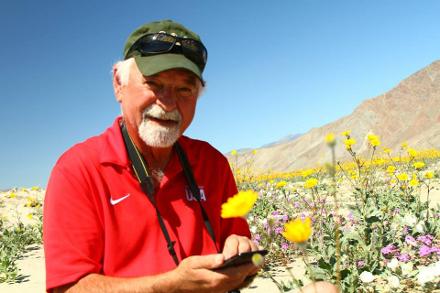

Our January meeting featured Ric Matthews. Ric, local college biology instructor, gavean illustrated talk on long range whale trips from the 70’s and 80’s. It was during this period of time the gray whales became friendly - approaching skiffs and interacting with people. Annual trips happened with people leaving San Diego on long range sport fishing boats and following the whales into the Baja lagoons. This talk will also discuss other marine mammals found along the way, with regular visits to the offshore islands along the Baja Coast.
Ric has taught biology for the local community colleges for almost 40 years. He served as the ACS-SD chapter president from 1972-1976 and then served for two years as the founding National ACS president. As a biologist he has studied various marine mammals.

Wednesday, December 14, 2016 at 7:00 PM
Chuck Nicklin
In Camera Man, Nicklin revisits the dawning days of scuba diving and shares stories of how his career as an underwater cameraman unfolded, from the day he became known as “the man who rode a whale,” to his adventures traveling around the world diving with and filming majestic humpback whales and fearsome-looking great white sharks. Included are guest essays from Nicklin’s friends who’ve traveled with him, learned from him, and shared exciting adventures with him.
Chuck Nicklin has loved the water ever since spending his childhood days on a Massachusetts lake. When his family moved to California in the early 1940s, Chuck literally immersed himself in the emerging sports of freediving and scuba diving. He became an expert spear-fisherman, but it wasn’t long before he tired of spearfishing and opted to try his hand at underwater photography. The rest, as they say, is history.
Chuck will also be bringing some of his books to sell.Wednesday, October 12, 2016 at 7:00 PM
Thomas Jefferson
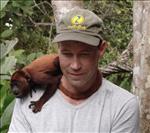
On Wednesday, October 12, 2016 we were excited to welcome Thomas Jefferson and his presentation, "How Taxonomy Affects Conservation: Looking at the 'Big Picture' of Humpback Dolphin Conservation Status."
Taxonomy can have major impacts on how we conserve and manage biological diversity. There are many recent and upcoming changes in cetacean taxonomy, and these will have significant real-world effects on conservation. This talk will present a case study on the humpback dolphins (Sousa spp.), a group of coastal dolphins found in the Atlantic, Indian, and western Pacific oceans. Recent changes in taxonomy of this group have required a complete re-assessment of their conservation status, and this in turn will help to focus local conservation efforts on preserving the essential elements of biological diversity.
Dr. Thomas A. Jefferson (Ph.D. in Wildlife and Fisheries Science) has been studying marine mammals since 1983, when he was an undergraduate at the University of California, Santa Cruz. His Master’s degree is from Moss Landing Marine Laboratories, and his Ph.D. is from Texas A&M University. Tom is currently a Visiting Scientist as the Southwest Fisheries Science Center, NOAA Fisheries, where his main interests are the development of marine mammal identification aids, and investigating the systematics and population ecology of the more poorly-known species of dolphins and porpoises. Most of his work has been related to conservation and management of marine mammals threatened by human activities. Since 1995, he has been working extensively in Southeast Asia, and has traveled widely in the region. His current primary research focuses on the conservation biology of Indo-Pacific humpback dolphin and finless porpoise populations in Hong Kong and surrounding waters, as well as the population biology of bottlenose dolphins in California. He is also working on other projects looking at the systematics and ecology of these species throughout their ranges. In addition, Tom is involved in many side projects, including those on the taxonomy and population ecology of tropical dolphins (Delphinus and Stenella). He has published over 100 scientific papers and books, and has attended many meetings and workshops as an invited expert. He has also spent many months at sea on fishing boats and research vessels in various parts of the world.
With co-authors, Marc Webber and Robert Pitman, Tom published an identification guide in 2008: Marine Mammals of the World: A Comprehensive Guide to Their Identification (Academic Press). There is now a second edition published and was available for purchase and signing that evening
Wednesday, September 14, 2016 at 7:00 PM
Diane Alps
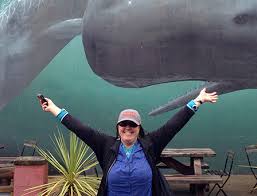
On Wednesday, September 14, 2016 we welcomed Diane Alps and her presentation, "Amazing Wildlife and Landscapes of Antarctica."
Diane Alps is the President of ACS. She has been involved with the American Cetacean Society since 1998. She discovered ACS through the Cabrillo Whalewatch Naturalist Program (of which she is still an active volunteer). Diane soon became active on the ACS/LA Board of Directors and has held positions of Conservation Chair, Whalewatch Chair, Membership Chair and Officer positions of Secretary, Treasurer, Vice President. She has been the President since 2011. Diane also worked as the sole staff person for ACS’ National Headquarters for 8 years while concurrently working at the Cabrillo Marine Aquarium, where she is the Programs Coordinator. During her tenure at working at ACS, Diane led 5 successful ACS conferences and looks forward to continued involvement with all of ACS’ efforts. In addition to her active community involvement with ACS, she is a Fisheries and Wildlife Biology major at Oregon State University. Diane most recently designed “WhaleSAFE”, a campaign to raise awareness about safe whale watching and responsible ecotourism. She is currently developing an outreach program to teach the community about the local bottlenose dolphins though citizen-science photo identification.
Wednesday, June 8, 2016 at 7:00 PM
Captain Oona Layolle and Barb Taylor
On wednesday, June 8th, captain Oona Layolle presented on Sea Shepherd's campaign,"Operation Milagro". Operation Milagro is a campaign to investigate the causes which are driving the vaquita to extinction and take steps to save the species. The first part of Operation Milagro took place in February through May 2015 and focused on gathering information, documenting illegal activities, establishing contact with marine biologists and other NGOs, forging a partnership with relevant government entities, and joining these forces. The second expedition was from November 2015 to May 2016. This part of the campaign focused on taking action against illegal fishing. They returned with two boats to search for and collect illegal fishing gear and deliver them to the authorities. The area was patrolled to stop poaching and reported those activities to the authorities and world media. During the campaigns, they found three dead vaquitas and the autopsies revealed that the three died of drowning in nets. They also sighted five live vaquitas and managed to remove 42 illegal nets and 16 longlines.
Capt. Layolle is from France and a qualified 500 T Captain since 2008. She is a veteran of nine Sea Shepherd campaigns and leader of four Sea Shepherd scientist projects. She grew up traveling around the world with her seafaring family onboard different sailing boats, and living on different Pacific Islands. During her travels, she witnessed too many underwater places and island paradises turn to dead zones in such a short lapse of time. She's always wanted to fight against the destruction of the planet due to human behavior. She believes there is a big lack of education and logic in the way we are treating our world. Without nature, there is no life. While looking for a ship to work during the Mediterranean summer season of 2011, she crossed paths with the Sea Shepherd M/V Brigitte Bardot’s crew in France. They needed someone to navigate the ship, and she had all the qualifications and experience to be that person. She jumped on this perfect opportunity to finally use her skills and experience to do something that makes more sense. She was supposed to go for two months, and it has now been five great years. Sea Shepherd has been the perfect organization, because the sea is the place where she grew up and where she can use her skills and experiences at best to fight for life and serve our planet.
Dr. Barbara Taylor has worked on vaquita for over 20 years. She leads the largest marine mammal genetics research group in the world at NOAA's Southwest Fisheries Science Center, chairs the Society for Marine Mammalogy's Conservation Committee, leads listing efforts for whales, dolphins and porpoises for IUCN, and serves on the International Recovery Team and Presidential Commission on vaquita.
Wednesday, May 11, 2016 at 7:00 PM
Jaeny Colmenares
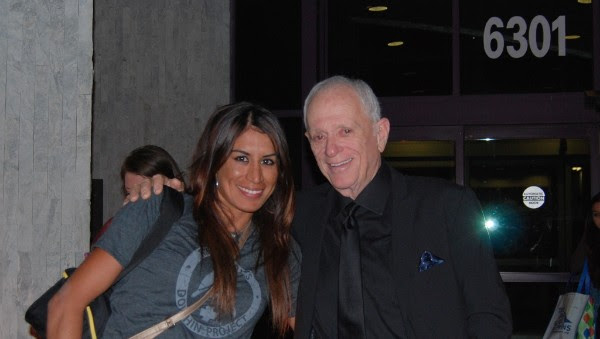
On Wednesday, April 11, 2016 we welcomed Jaeny Colmenares for her presentation: "The Ric O'Barry Dolphin Project".
Wednesday, April 13, 2016 at 7:00 PM
Greg Campbell
Our speaker for April was Greg Campbell and we enjoyed his presentation: "Density, abundance, and habitat use of cetaceans off southern California."
Greg Campbell has been studying the biology of marine mammals for over 20 years including investigations on the population structure of bottlenose dolphins in Belize, acoustic signatures of individual female Steller sea lions in Alaska, whistle structures of bottlenose dolphins off the U.S west coast and the density of several cetacean species off southern California. Greg is currently based at SWFSC as a visiting scientist while simultaneously working on his PhD under the direction of Bernd Wursig at Texas A&M Galveston. Greg’s dissertation research is focused on two long-term studies: 1) cetacean distribution, density and habitat use off southern California; and 2) bottlenose dolphin population structure in the Southern California Bight.The marine ecosystem off southern California is a dynamic and productive habitat that supports a diverse community of cetacean species as well as an array of human activities including commercial fishing, shipping and naval operations. The intersection between cetacean and human use of this region has resulted in entanglements in fishing gear, ship strikes and disturbance from anthropogenic sound. Detailed knowledge of cetacean density, distribution and abundance is needed to develop effective management strategies which will address these issues. This presentation provided new results from recent studies focused on developing a comprehensive and detailed assessment of cetaceans off southern California.
Wednesday, March 9, 2016 at 7:00 PM
Nick Kellar
We were happy to welcome Nick Kellar and his presentation, "Oil, blubber, and hormones: the effects of one big fat mess and more".
Nick Kellar is the principal investigator of the Marine Wildlife Endocrine Laboratory at NOAA's Southwest Fisheries Science Center. The principal focus of this laboratory is to help in the assessment of marine mammal population health by measuring hormone levels and other health diagnostics in free-ranging animals. He will talk about how hormones measurements are used to determine pregnancy rates and assess the health effects of potential stressors like oil spills, sonar usage, and fishery activities.Wednesday, February 10, 2016 at 7:00 PM
Kerri Danil
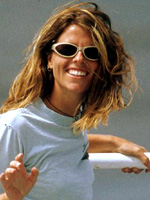
Kerri Danil leads the stranded dead marine mammal program at NOAA's Southwest Fisheries Science Center. She spends much of her time studying the life history and health of cetaceans stranded along our coast or incidentally killed in fisheries. She will discuss how the stranding network operates, the wealth of information that can be learned from stranded specimens, diagnostics used, adventures had, and some of her favorite case studies.
Wednesday, January 20, 2016 at 7:00 PM
Dr. Steven Swartz
We were happy to welcome Dr. Steven Swartz as he presented: "Living with Gray Whales: A 40-Year Perspective". The San Diego Chapter will have a limited number of his recent book, "Lagoon Time - A Guide to Gray Whales and the Natural History of San Ignacio Lagoon", for sale and signing at this meeting. Steve was one of the founding members of our chapter--a great guy and truly a guru when it comes to San Ignacio Lagoon!
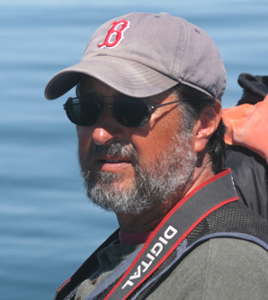
Wednesday, December 9, 2015 at 7:00 PM
Dr. Dave Weller- Southwest Fisheries Science Center
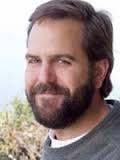
Diane Alps- ACS National President

We are ending the year with an evening dedicated to the gray whale in December! We are so excited to welcome both Dr. Dave Weller and Diane Alps to our next ACS-San Diego chapter meeting! We have designed an evening to help us be better prepared to enjoy the migrating gray whales.
We all love spending time out on the water and seeing these majestic animals each winter! Keeping current on the latest updates on marine mammals and understanding the whale watching guidelines will allow all of us to share the water with them safely, creating a better experience for everyone.
Dr. Dave Weller will provide us with the latest data available on the gray whale population and information on their recent findings. Afterwards, Diane Alps will present guidelines for responsible whale watching.
This is important information for anyone out on the water during the upcoming migration season (and throughout the year). Please invite your friends, family, co-workers, and all fellow whale lovers to this meeting! It is sure to be an exciting and informative evening!
Wednesday, November 11, 2015 at 7:00 PM
Debbie Sherman - Ranger at Cabrillo National Monument
&
Alicia Amerson - Scripps Institution of Oceanography Graduate Student
We have two-times the fun scheduled for our next ACS-San Diego chapter meeting! We are happy to welcome both Debbie Sherman and Alicia Amerson.
Debbie Sherman, ranger at the Cabrillo National Monument, will speak to us about the infamous Great Pacific Garbage Patch. In addition, we will hear from Alicia Amerson, a graduate student at Scripps Institution of Oceanography who received a small grant from our local ACS chapter. Alicia will discuss her graduate work,Through Their Eyes- a whale watching study to determine best practices for sustainable and responsible whale watching along the Pacific coast.
Wednesday, October 14, 2015 at 7:00 PM
Dr. Eric Archer - SWFSC Marine Mammal Genetics Group
For our October meeting, we are pleased to welcome Dr. Eric Archer, a geneticist with Southwest Fisheries Science Center.
His work focuses on developing analytical tools to help identify
reproductively isolated units
of cetaceans from populations to species. This talk in particular will
look into North Pacific Fin Whales, a type of whale often spotted off
our San Diego coast.
He received his B.A. in Biology from Virginia Wesleyan College in 1990 and his Ph.D. in Marine Biology at SIO in 1996. In his spare time he enjoys flying, martial arts, and learning the bass.
Remember that as always, our talks are free and open to the public. We encourage you to bring your family and friends that may be interested in joining the ACS! See you there!
Wednesday, September 9, 2015 at 7:00 PM
Chip Johnson - U.S. Navy Pacific Fleet
"U.S. Navy Funded Marine Mammal Monitoring Within Southern California"
This talk will focus on regional Southern California marine mammal research and monitoring funded by three separate but interrelated Navy programs. Currently, key projects involve ongoing efforts documenting movement patterns and residency times for blue whales and fin whales relative to their U.S. West coast distribution, and new research on regional sub-populations of beaked whales.
Remember that as always, our talks are free and open to the public. We encourage you to bring your family and friends that may be interested in joining the ACS! See you there!
Wednesday, August 12, 2015 at 7:00 PM
Jacques Chirazi - Founder of Biomimicry San Diego (www.biomimicrysandiego.org)
Jacques Edouard Chirazi, Certified Biomimicry Professional, has managed the City of San Diego’s Clean Tech Initiative since 2007. His focus is to create economic growth while fostering sustainability. One emerging initiative is to bridge clean technology with biomimicry. He develops and supports a clean technology cluster in San Diego. As a critical thinker analyzing complex programs and policies, he leverages his strong communication skills while collaborating across a diverse range of private, public, and non-profit sector groups. With a passion for learning about the natural world and understanding how nature could transform the corporate environment, his long term vision is to create new business models and financial instruments to accelerate the commercialization of biomimetic solutions. Jacques’s innovative thinking allows him to create the conditions needed for this transformation.
Jacques served six years as Senior Project Manager at Bainbridge, Inc., a strategic management consulting firm that provides consulting services for Fortune 500 companies. He currently teaches sustainability and clean technology courses to business students at the University of California, San Diego and San Diego State University.
Jacques received a Master's degree from University of California San Diego’s Graduate School of International Relations & Pacific Studies with an emphasis in International Environmental Policy and a Bachelor’s degree in Marketing from San Diego State University’s School of Business Administration. Jacques is a Certified Energy Manager (C.E.M), Renewable Energy Professional (R.E.P) and LEED-GA.
Wednesday, July 8, 2015:
Dr. Jessica Redfern - Southwest Fisheries Science Center"Identifying and Minimizing Risks to Cetaceans"
Dr. Jessica Redfern has been using statistical models to address
wildlife management questions for more than 15 years. She graduated
with a bachelor’s degree in mathematics from Colorado College and
received her Ph.D. in environmental science from the University of
California, Berkeley. She now leads the Marine Mammal Spatial Habitat
and Risk Program at the Southwest Fisheries Science Center in La Jolla,
California. This group of modelers, ecologists, and oceanographers uses
ecosystem data to predict the location of marine mammals, identify
priority habitat, assess risks to marine mammals from human activities,
and interpret trends in abundance. Jessica develops cetacean-habitat
models and uses predictions from these models to assess risk to
cetaceans in the eastern Pacific Ocean. Her current projects include
assessments of the risk of whale-ship collisions in the Pacific and
Indian Oceans, identification of priority habitat for large whales in
the eastern Pacific Ocean, and using oceanographic data to interpret
trends in the abundance of dolphins that have been impacted by tuna
purse-seine fishing in the eastern tropical Pacific.
Marine spatial planning provides a comprehensive framework for managing multiple uses of the marine environment and has the potential to minimize environmental impacts and reduce conflicts among human uses. This planning requires maps of species distributions and human activities. Jessica will describe how researchers at the Southwest Fisheries Science Center are working to produce these maps and how they use them to identify and minimize risks to cetaceans. Specifically, Jessica will discuss the development of habitat models that provide fine-scale maps of cetacean distributions and how these maps have been used to assess the risk of ships striking whales in Southern California waters. These waters have a diverse cetacean community, support many human uses (e.g., shipping, military training, and fishing), and contain many protected areas. An example of the connections between these users and the possibility for conflict occurred when the California Air Resources Board implemented the Ocean-Going Vessel Fuel Rule. The fuel rule required large, commercial ships to use cleaner-burning fuels when traveling close to the mainland coast. Instead of using these fuels, ships began traveling farther offshore. This shift resulted in questions about the risk of ships striking large whales, increased shipping traffic in military ranges, and raised concerns for maritime safety. Jessica will share the tools she and colleagues developed in response to these concerns. These tools can be used to balance user-user and user-environment conflicts when evaluating optimal shipping routes.

Wednesday, June 10, 2015:
Jim Carreta - NOAA SWFSC - "Known unknowns: Estimating the fraction of coastal bottlenose dolphin carcasses that are documented ashore."Tom Jefferson, Ph.D. - An Update on Vaquita Conservation

Dr. Tom Jefferson
has been studying marine mammals since 1983 as an undergraduate student
at the University of California, Santa Cruz. Further education
includes a M.Sc. from Moss Landing Marine Laboratories and a Ph.D. from
Texas A&M University. His main interests are the development of
marine mammal identification aids and the systematics and population
ecology of the more poorly-known species of dolphins and porpoises. Much of his work since the 1980's has been related to conservation and
management of marine mammals threatened by human activities. Since 1995,
he has been working in Southeast Asia, and has traveled widely in the
region. His primary research focused on the conservation biology of
Indo-Pacific humpback dolphin (Sousa chinensis) and Indo-Pacific finless porpoise (Neophocaena phocaenoides)
populations in Hong Kong and surrounding waters. He is also working on
other projects looking at the systematics and ecology of these species
throughout their ranges.
In addition, he is involved in many other projects, including those on the conservation of the critically-endangered vaquita (Phocoena sinus), and on the taxonomy and population ecology of common dolphins (Delphinus spp.). With co-authors, Marc Webber and Robert Pitman, he published an identification guide in 2008: Marine Mammals of the World: A Comprehensive Guide to Their Identification (Academic Press). There is a second edition due out in 2015. His outside interests include mountain biking, hiking, drums and percussion, outdoor photography, and wildlands preservation. He is married and lives in San Diego County.
May 13, 2015
Dr. Lei Lani Stelle- Associate Professor at the University of Redlands
How Citizen Scientists Contribute to Research and Conservation of our Local Marine Mammals
Dr.
Lei Lani Stelle is an Associate Professor at the University of
Redlands. She has been studying marine mammals for over 20 years and
currently investigates anthropogenic impacts on cetaceans and pinnipeds
off Southern California. She incorporates citizen science into her
efforts with funding and assistance from Earthwatch volunteers. In
addition, she initiated and co-developed Whale mAPP,
a collection of GIS-based web and mobile tools, to encourage public
reports of animal sightings. With the assistance of students and
volunteers, her research group monitors the distribution, behavior, and
physiology of populations of all local species. Photographic
Identification is employed to track individual animals, estimate
population sizes, and determine residency patterns. GIS maps display
sightings, and are used to model habitat use, and in combination with
behavioral studies provide insight into human disturbances. Her
outreach efforts help to educate the public and research findings
contribute to marine mammal conservation and management.

Thursday, April 9, 2015:
Dr. Karen Martien - NOAA Southwest Fisheries Science CenterManagement Genetics of Hawaiian False Killer Whales (Pseudorca crassidens): From Social Groups to Subspecies
Dr. Martien’s research focuses on using genetic analysis and genetic modeling techniques to inform management decisions for marine mammals. She uses simulation-based performance testing to evaluate the performance of genetic analytical methods in a management context and studies genetic structuring of cetacean species around the Hawaiian Archipelago. Her current projects include social structure of Hawai’i insular false killer whales, global genetic structure of false killer whales, melon-headed whales, and pygmy killer whales, and developing methods and metrics for using genetic data to delimit subspecies. She is also collaborating on studies social structure, population structure, and taxonomy of short-finned pilot whales and rough-toothed dolphins.
This is a particularly timely presentation, as false killer whales have been sighted recently off the coast of San Diego, something observed just a handful of times in the last several decades. Please note that this talk will take place on THURSDAY evening rather than our traditional Wednesday night. We hope you can all make it!
March 11, 2015:
Judy St. Leger, DVM, DACVP, Vice President of Research and Science, SeaWorld Parks and Entertainment
Cetacean Science at SeaWorld - What Are We Learning?
Dr. Judy St. Leger is Vice President of Research and Science at SeaWorld Parks and Entertainment. Dr. St. Leger obtained her DVM degree from Cornell University and completed a residency in Pathology through UC Davis. She has worked for SeaWorld as a veterinarian for 15 years. She oversees research and serves on the graduate committees of students completing studies with animals or data from the parks. Her day to day job includes investigations in health of aquatic animals including stranded marine mammals in Florida and California. Her primary areas of interest include clinical pathology, anatomic pathology, advanced imaging, and molecular investigations. Current investigations include viral screening in dolphins and whales, pathogenesis of select infectious agents in marine species, and penguin pathology and diving physiology. Her duties have taken her on adventures into the field in Australia, North and South America, Asia, and Antarctica.
Dr. St. Leger has authored many scientific articles and book chapters. She is a frequent lecturer in topics related to pathology of marine species and marine fish conservation. She is a board member of the CL Davis Foundation and the SeaWorld–Busch Gardens Conservation Fund and is on the scientific advisory board of the Morris Animal Foundation. She is a past associate editor for the journal Veterinary Pathology and past president of the International Association for Aquatic Animal Medicine (IAAAM).
In addition to her roles in research and science, Judy directs a program called Rising Tide Conservation. This program is an affiliation and integration of stakeholders committed to reef conservation through aquaculture of marine ornamental fish. Some of the stakeholders include universities, non-government organizations committed to reef conservation, and display aquariums throughout North America. Rising Tide began in 2009 and continues to grow and succeed.

February 11, 2015:
Marine Mammal Science: The perspective from a NOAA at-sea research platform
Lt. Claire Surrey-Marsden (NOAA Research Fleet) and Annette Henry (Southwest Fisheries Science Center)
Lt. Claire Surrey-Marsden
Annette Henry works in the Marine Mammal and Turtle Division at the Southwest Fisheries Science Center. One of her main responsibilities is as the Survey Coordinator for the marine mammal surveys. For her master’s degree (SDSU), she worked with Brent Stewart (Hubbs-SeaWorld Research Institute) on pinniped diets. Prior to working with SWFSC, she was with the Utah Division of Wildlife Resources, California Department of Fish and Wildlife, and Los Angeles Department of Power (Mono Lake). Her current research interests include the biology of seabirds, migration, flight physiology, body composition, and conservation of vaquita.

January 14, 2015: Wayne Perryman & Jim Carretta
Happy New Year!
Two gray whale experts, Wayne Perryman and Jim Carretta (featured in the films) will be in attendance and available for a question and answer session following the screening.
December 10, 2014: Alisa Schulman-Janiger
We are so excited to present Alisa Schulman-Janiger's presentation, "California Killer Whale Project" this month!
Alisa has been the director/coordinator of the shore-based ACS/LA Gray Whale Census and Behavior Project since 1984. She has served on ACS/LA's Board of Directors since 1983. She is one of the instructors for the Cabrillo Whalewatch program. She has been photo-identifying California killer whales, archiving their sightings, and studying their distribution, natural history, and behavior for over 30 years, which evolved into the California Killer Whale Project. She is the co-author of the 1997 NOAA Technical Memorandum called "Killer Whales of California and Western Mexico: A Catalog of Photo-Identified Individuals", and is working on updating this catalog. Alisa spends several weeks each year in Monterey Bay continuing her killer whale research. She is an on-board naturalist on boats in both southern California and Monterey Bay; she has also worked as on-board naturalist in Baja California and Alaska, naturalist and staff scientist while researching humpback whales in Massachusetts, and field researcher on harbor porpoise, humpback whales, and killer whales with the National Marine Mammal Lab in Alaska. Her work with killer whales and gray whales has beeen featured on National Geographic Explorer and PBS.
Nov 7-9, 2014: ACS 14th International Conference
Reserve your spot TODAY! Information available under "Upcoming Events".
October 8, 2014: Dave Weller, Ph.D.
We are happy to welcome Dr. Weller and his talk, "A Gray Area: On the Matter of Gray Whales in the Western North Pacific".
Dr. David Weller has been studying the biology and ecology of marine mammals for nearly 30 years. His specialization is focused on the areas of behavioral ecology, population assessment, and evaluation of potential disturbance impacts from human activities. Current research conducted by Dave includes studies of (1) the behavior, ecology, and population dynamics of gray whales in the western and eastern North Pacific and (2) the behavioral ecology and population dynamics of coastal bottlenose dolphins off California. In the past decade, he worked closely with the International Whaling Commission, International Union for Conservation of Nature (IUCN), U.S. Marine Mammal Commission and a variety of national and international academic institutions on issues related to the conservation and management of endangered whale and dolphin populations.
September 10, 2014: Aimée R. Lang, Ph.D.
Join us for our next ACS-SD speaker, Aimée R. Lang. She will be presenting her talk, "How many blue whale subspecies are there? What we know and why we care".
After completing her undergraduate degree in Marine Biology at Auburn University in Alabama, Aimee went on to obtain a master’s degree through the Cetacean Behavior Lab at San Diego State University, where her research focused on using photo-identification techniques to study the movements of Pacific Coast bottlenose dolphins within the Southern California Bight. As a master’s student, she became interested in the use of genetics to study cetaceans. Her PhD research at the Scripps Institution of Oceanography focused on the genetics of a small group of gray whales that feed off the coast of Sakhalin Island, Russia. She is now a contractor at the SWFSC, where she continues to study the genetics of gray whales, as well as those of other cetaceans, including blue whales and bottlenose dolphins.
Join us for our next ACS-SD speaker, Dr. Simone Baumann-Pickering. She will be presenting her talk, "Listening in the Deep: Using Sound to Study Animals We Rarely See".
Dr. Baumann-Pickering is an assistant research biologist at Scripps Institution of Oceanography where she leads the Behavioral Acoustic Ecology Lab. She has been working on automated detection and classification of echolocation clicks to species level. As a result of her research, acoustic monitoring of the endangered population of insular Hawaiian false killer whales is becoming possible. Her team has advanced knowledge on beaked whale acoustic species description and are now able to develop habitat and behavioral models as well as better geographic distribution maps of understudied species based on autonomous acoustic detections. She is interested in investigating the diel and seasonal presence, geographic distribution, behavioral adaptions, habitat preference, and food web interactions using passive acoustic methods.
July 9, 2014: Dr. R.H. Defran
Please
join us for our next ACS San Diego chapter meeting, as we present Dr.
R.H. Defran! Dr. Defran will be giving his lecture entitled, "The
Itinerant Life and Times of California Bottlenose Dolphins".
Dr.
Defran is Director of the Cetacean Behavior Laboratory and Professor
Emeritus at San Diego State University. In late 1983, he began work with
NMFS for an ongoing boat-based photo-id project designed to assess the
population size and range characteristics of bottlenose dolphins in
north San Diego County. Currently, he is the director of the California
Dolphin Online Catalog which collaborates with bottlenose dolphin
researchers and makes their sighting data and images from 30 years of
research available online.
June 11, 2014: Dr. Tom Jefferson
This month we are happy to feature Dr. Jefferson and his lecture, "The Vaquita: The World's Most Endangered Marine Mammal Species".
Dr. Jefferson has been studying marine mammals since 1983. His main interests include the development of marine mammal identification aids, the population ecology of the more poorly-known species of dolphins and porpoises, and the conservation and management of marine mammals threatened by human activities. He has spend many years in Southeast Asia on projects concerning the Indo-Pacific humpback dolphin and the finless porpoise. He has also been an intricate player in the conservation efforts of the vaquita.
This talk is perfect to get all of us whale-lovers ready for the upcoming International Save the Vaquita Day on July 12, 2014. Be sure not to miss this one!
May 14, 2014: Dr. Ana Sirovic
We are happy to present Dr. Sirovic and her presentation, "Can You Hear Me Now? Coping with an Increasingly Noisy Ocean".
Dr. Sirovic is a marine bioacoustician at Scripps Institution of Oceanography. In her research, she focuses on the use of acoustic methods and technologies to promote a better understanding of highly exploited and endangered marine species. Additionally, she is interested in ocean noise and the interactions between the noise and animals, specifically the effects anthropogenic activities have on marine organisms. She has also spend enough time in Antarctica to earn the Antarctic Service Medal.
Come join us for a fun night of whales, and bring a friend or two!
April 9, 2014: Howard Hall
March 12, 2014: Wayne Perryman
We are happy to have Wayne Perryman present "North Pacific Gray Whales: New Questions, New Techniques and Some New Results"!
Mr. Perryman is currently with NOAA's Southwest Fisheries Science Center. For the last decade, his research has focused on the development of aerial photographic techniques. These techniques allow for determining the number of marine mammals in large aggregations, as well as determine the size and shape of individual animals. This information is used to estimate abundance for populations of dolphins in the eastern tropical Pacific and for seals and sea lions from the California BIght to the Alueutina Islands. Changes in the condition of individuals within these poulations havel also been monitored through these developed techniques. In addition, Mr. Perryman is also very involved in monitoring reproduction in the California gray whale based on data collected from the Piedras Blancas, CA research station. Be sure not to miss out on this exciting lecture, and bring a friend!
February 12, 2014: Dr. Jay Barlow
January 8, 2014: Dr. John Hildebrand
We are excited to present Dr. John Hildebrand as our first speaker of 2014! Dr. Hildebrand's lecture will be titled, "Marine Mammals and Sound".
Dr. Hildebrand has been a part of the Scripps Institution of Oceanography research staff since 1983, where he also serves as professor. During his career he has contributed to over 150 publications, concerning topics such as underwater noise and sound production by marine mammals. He has spent many years looking at how sound can be used to better understand mysticete whales and their population structures. His research has shown that different characteristic sounds are associated with foraging and with mating behavior, and change from season to season. More recently, he has begun collecting long-term recordings of toothed whales, successfully using echolocation click structure for species identification and understanding population structures.